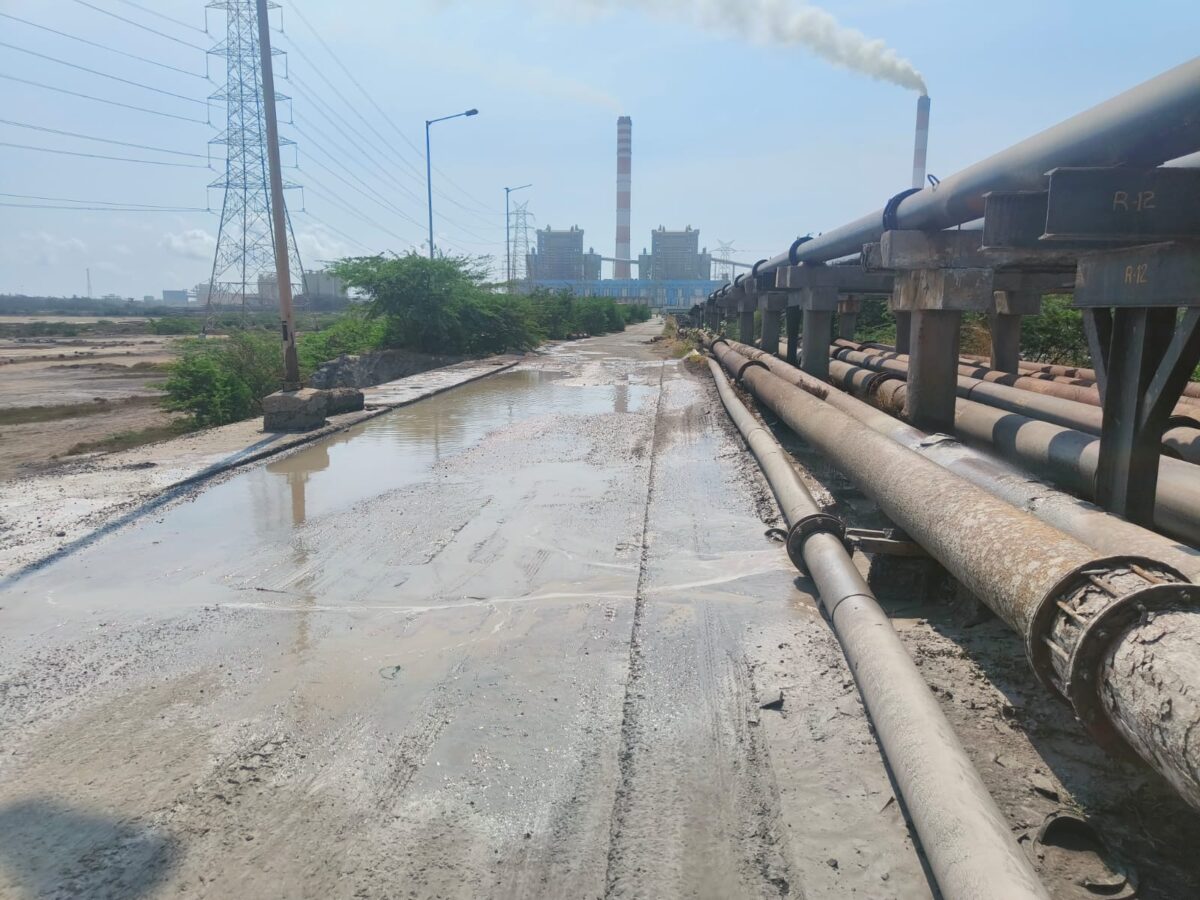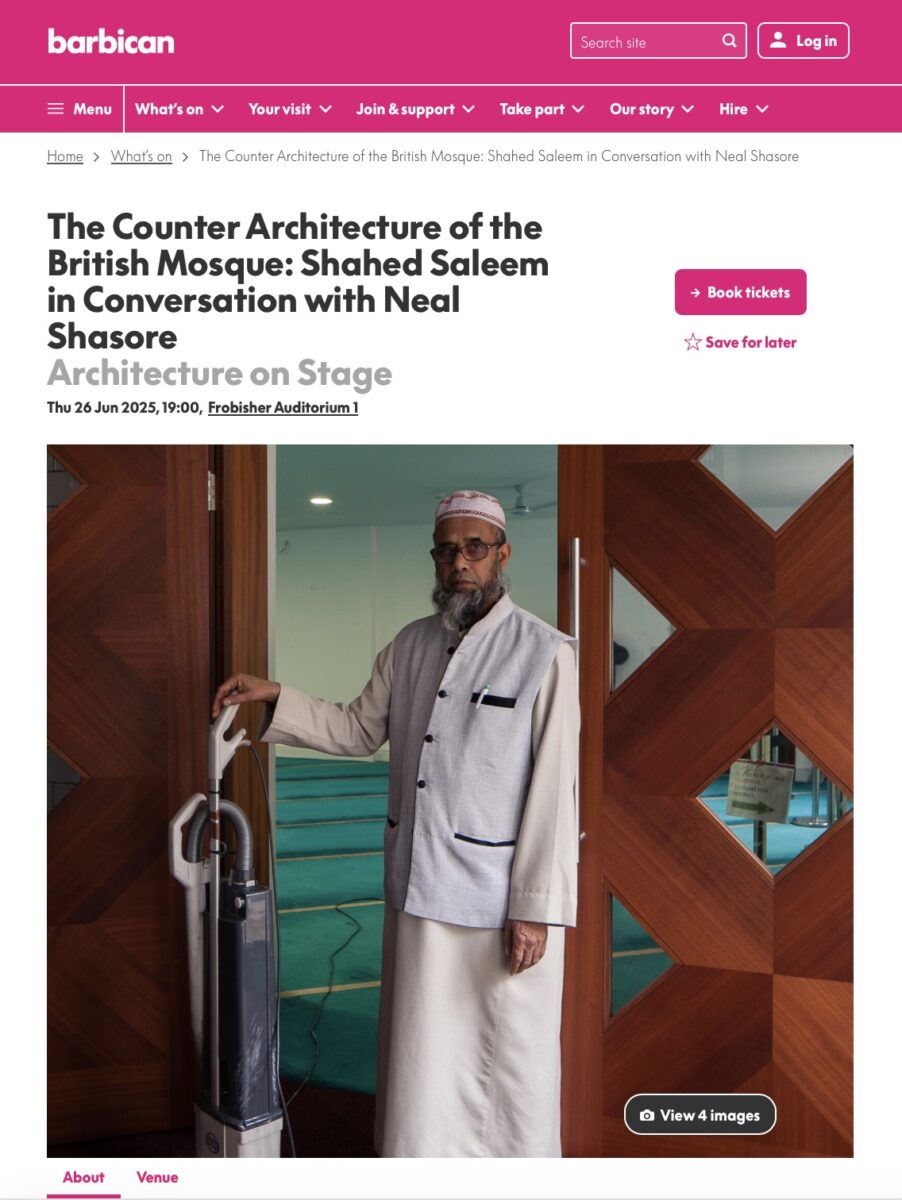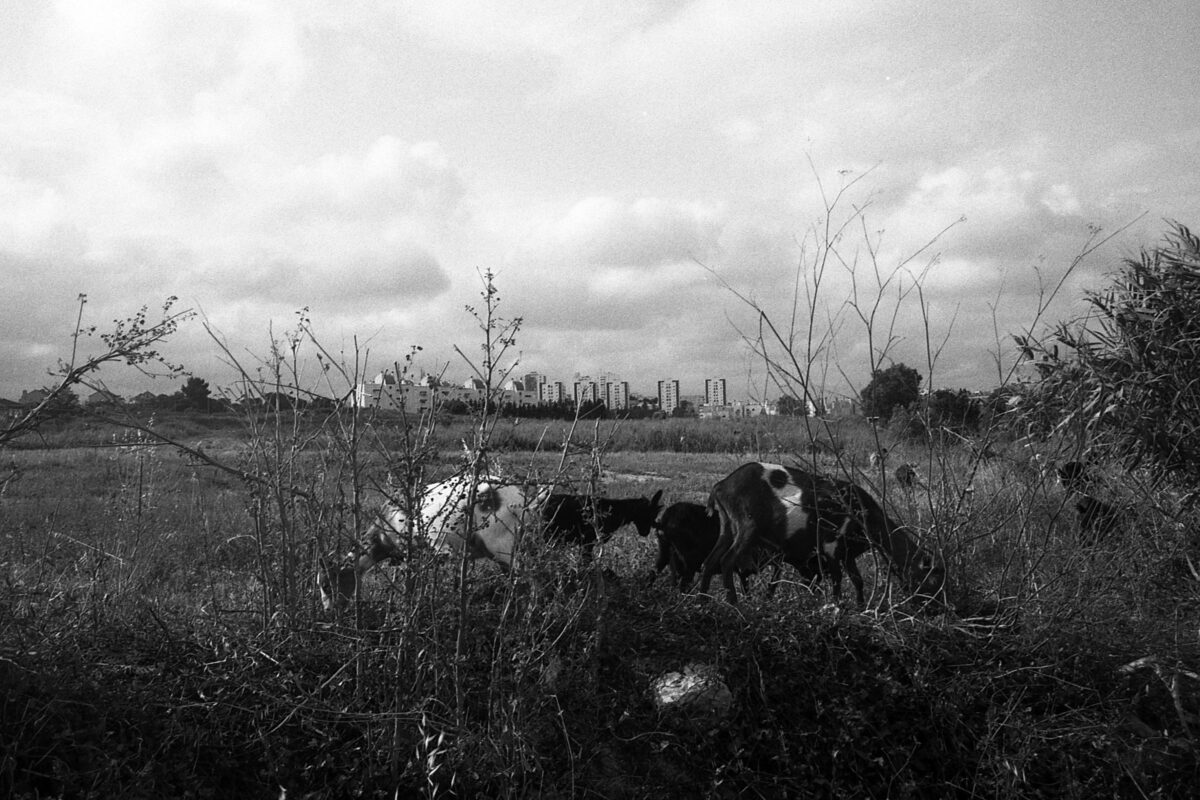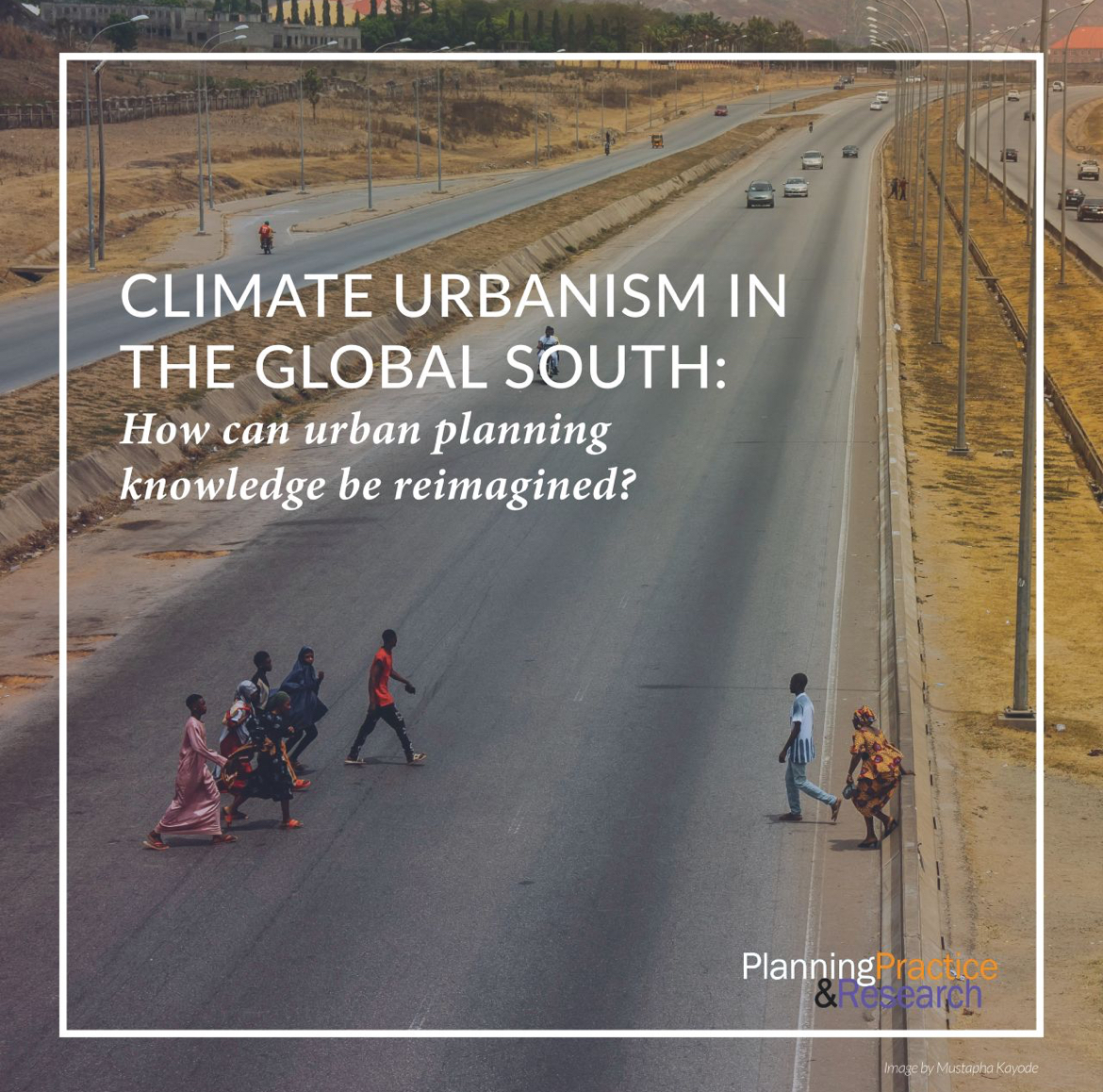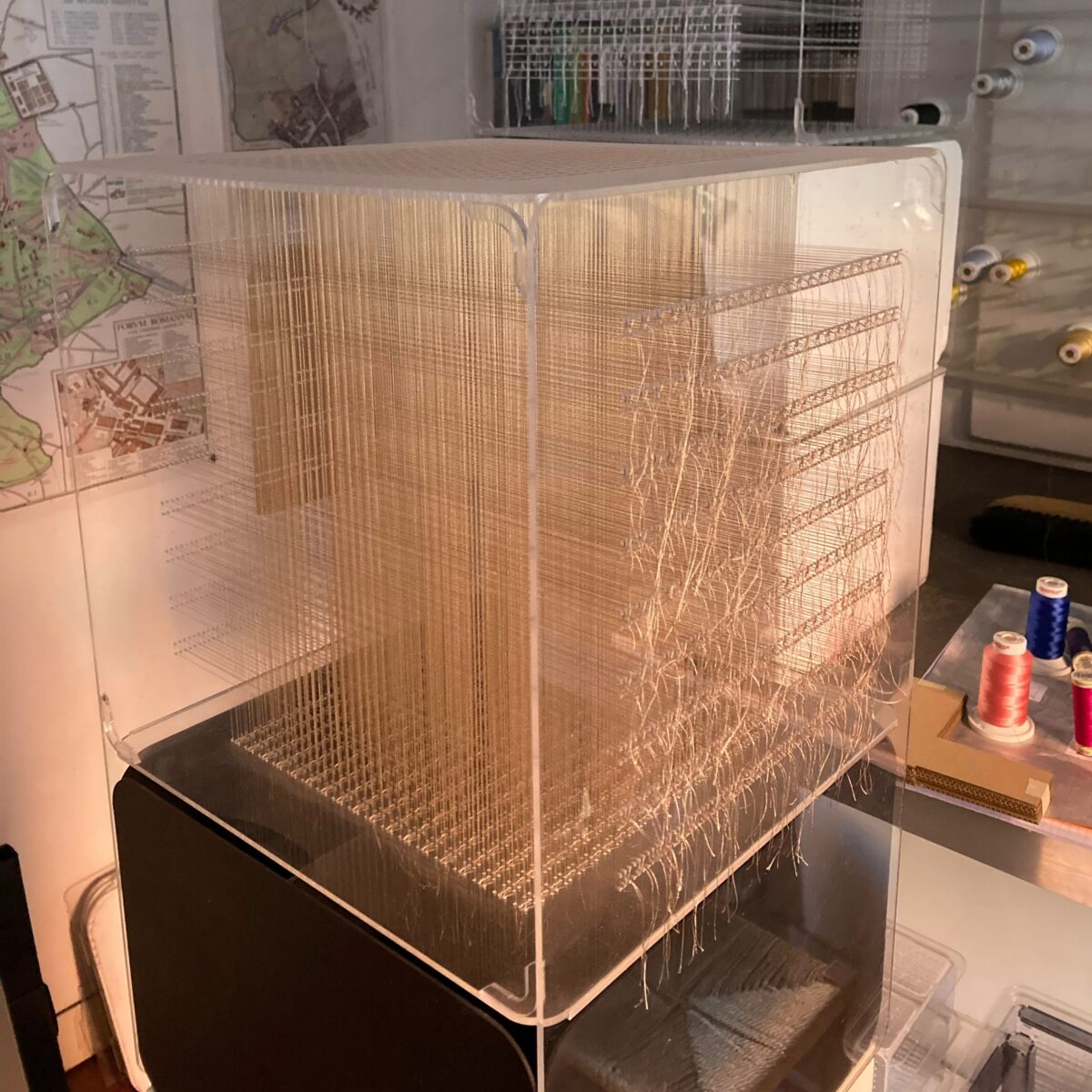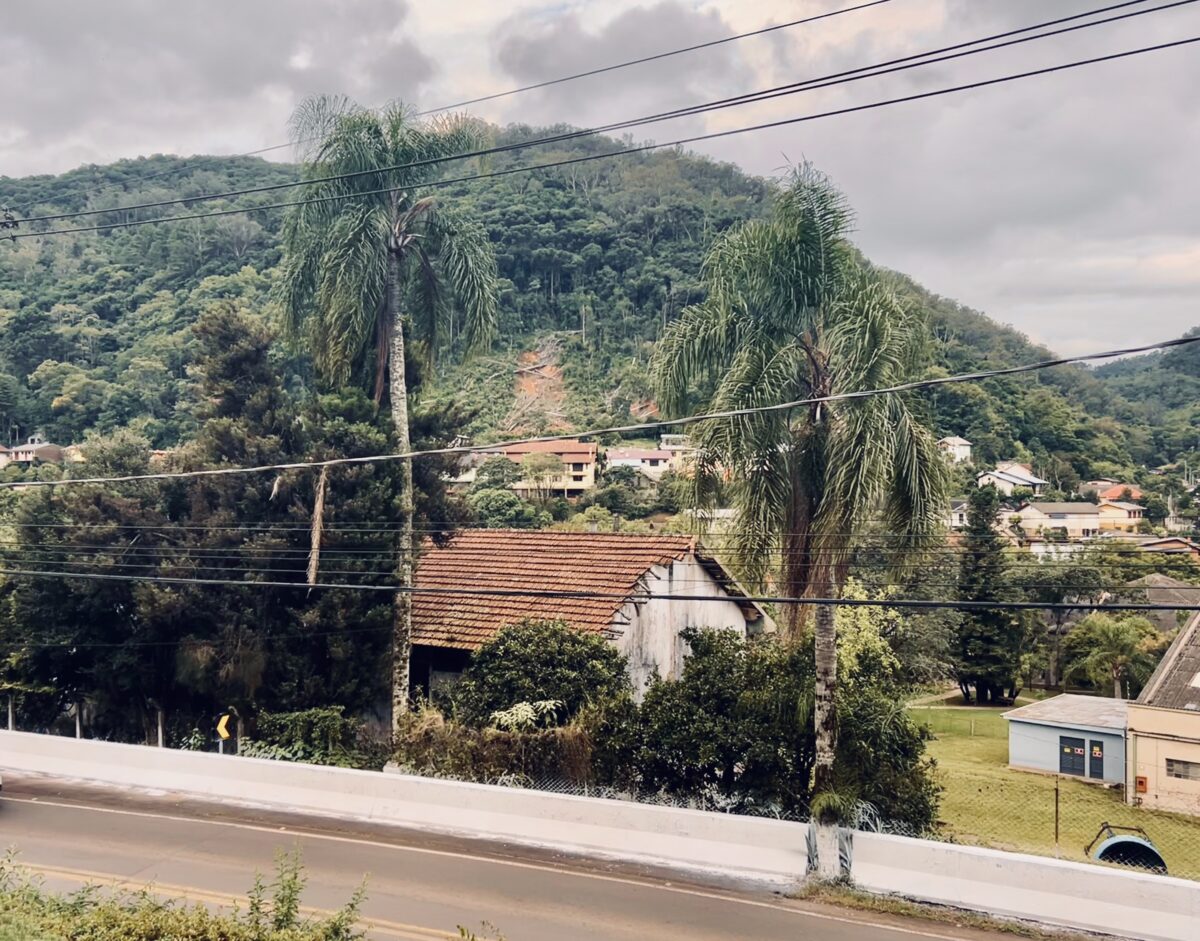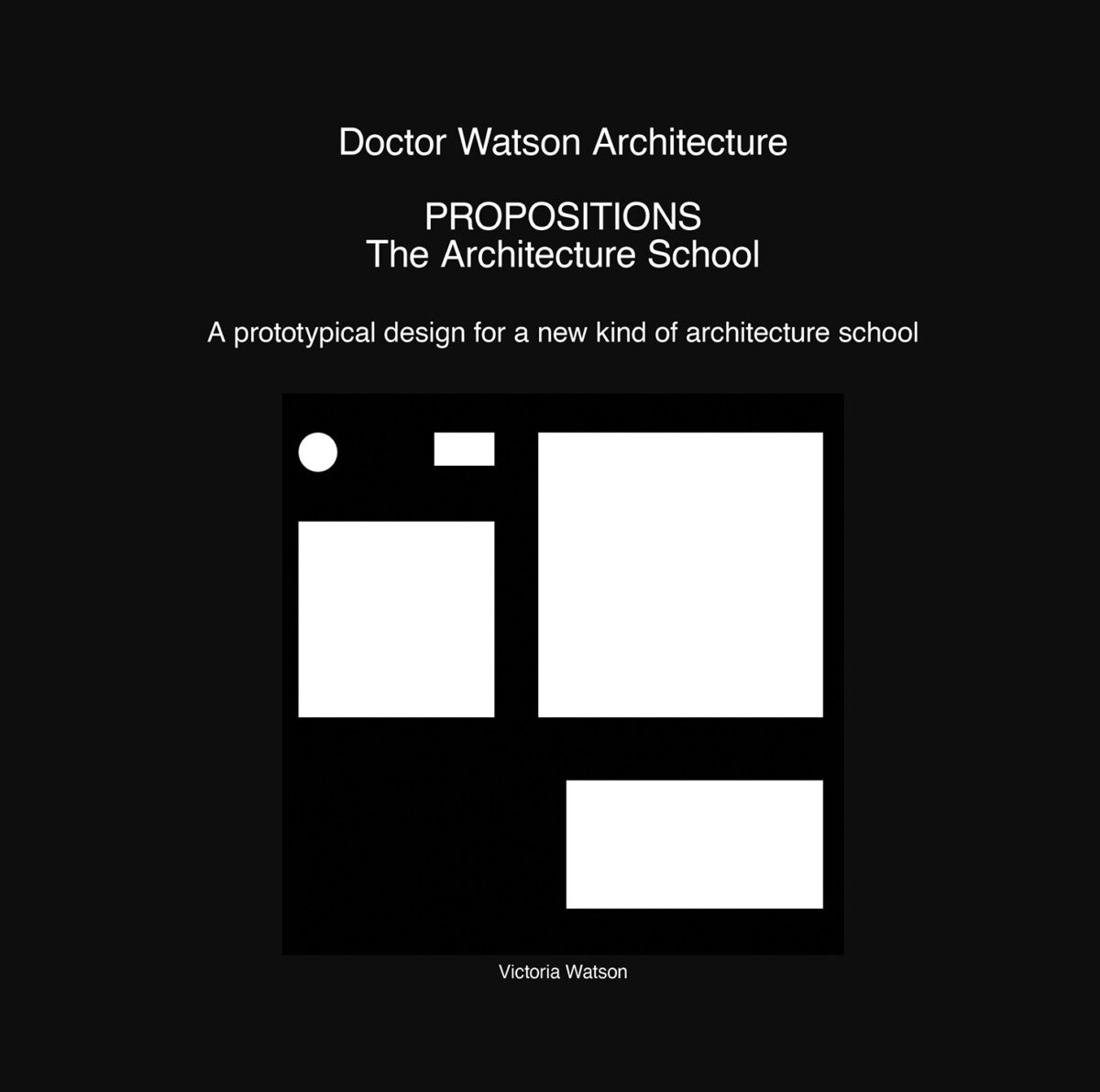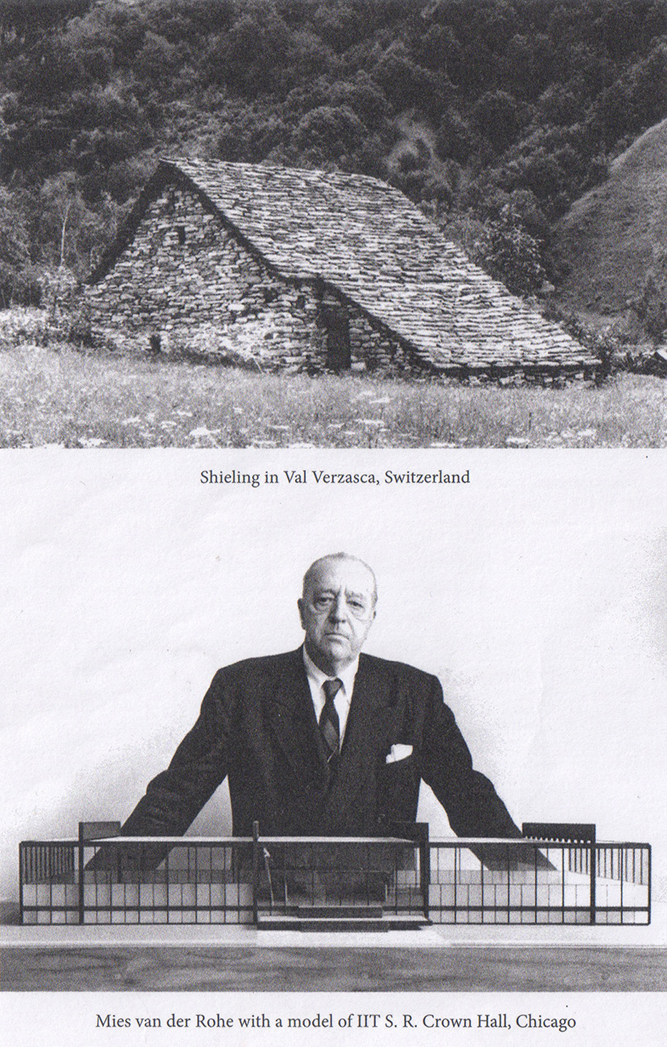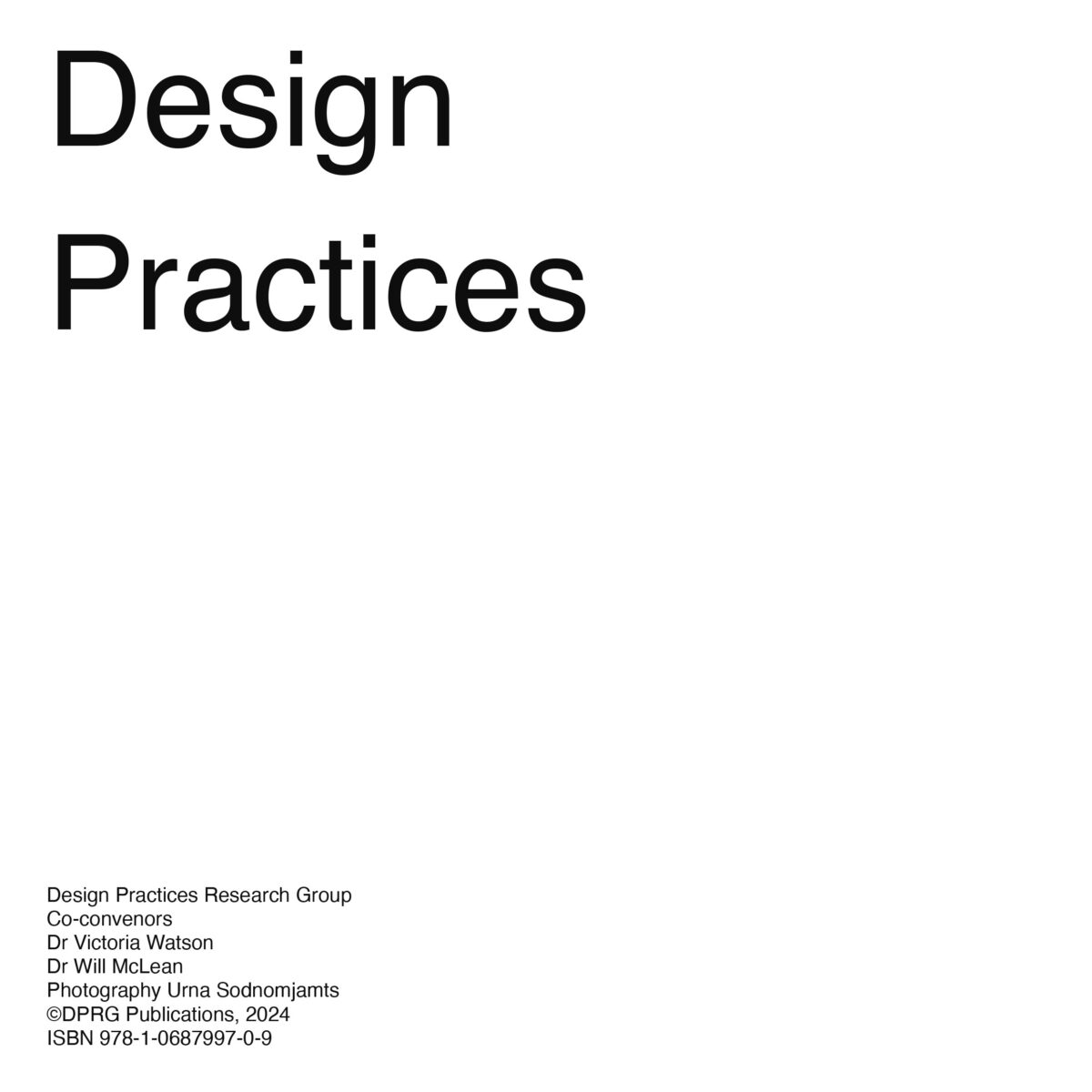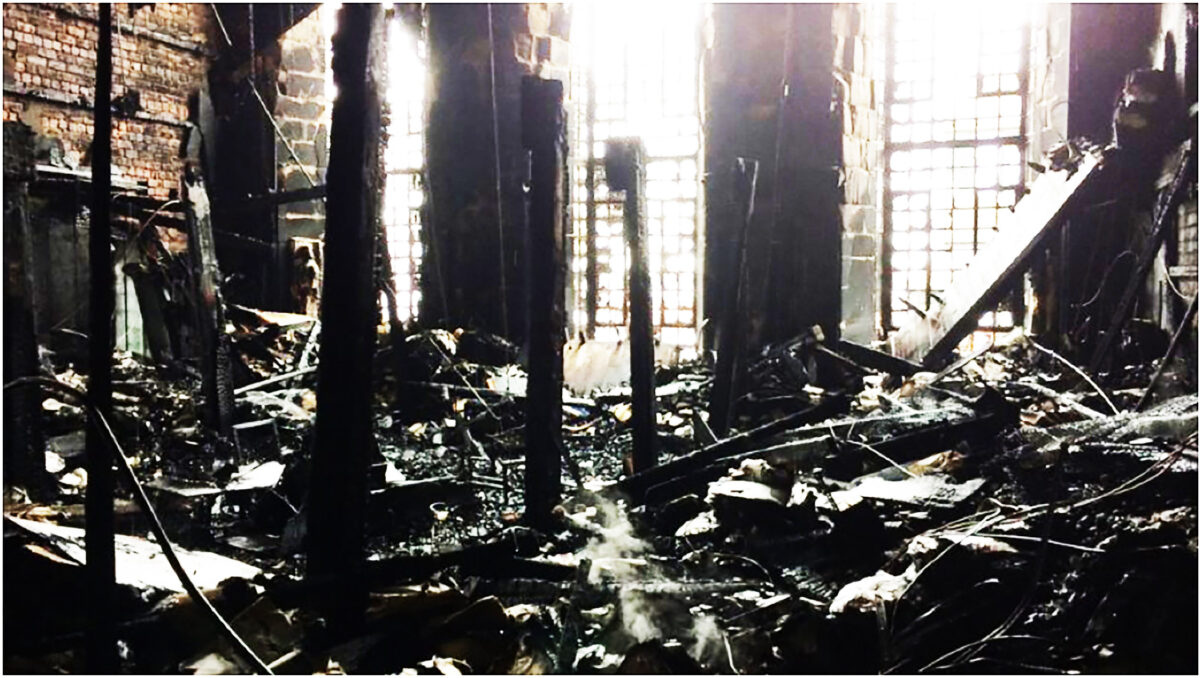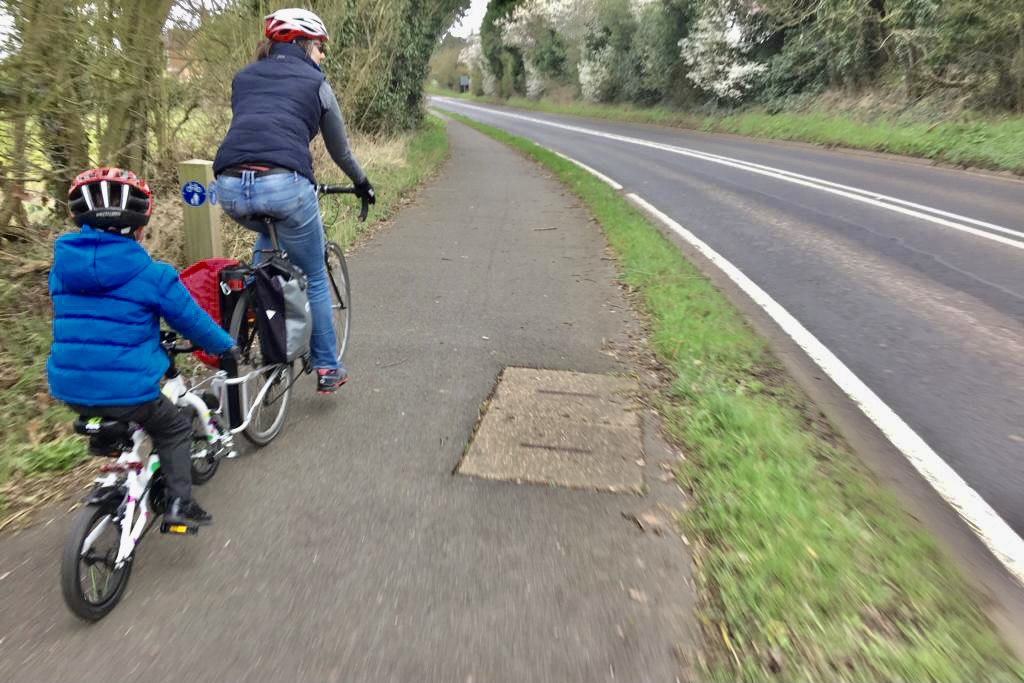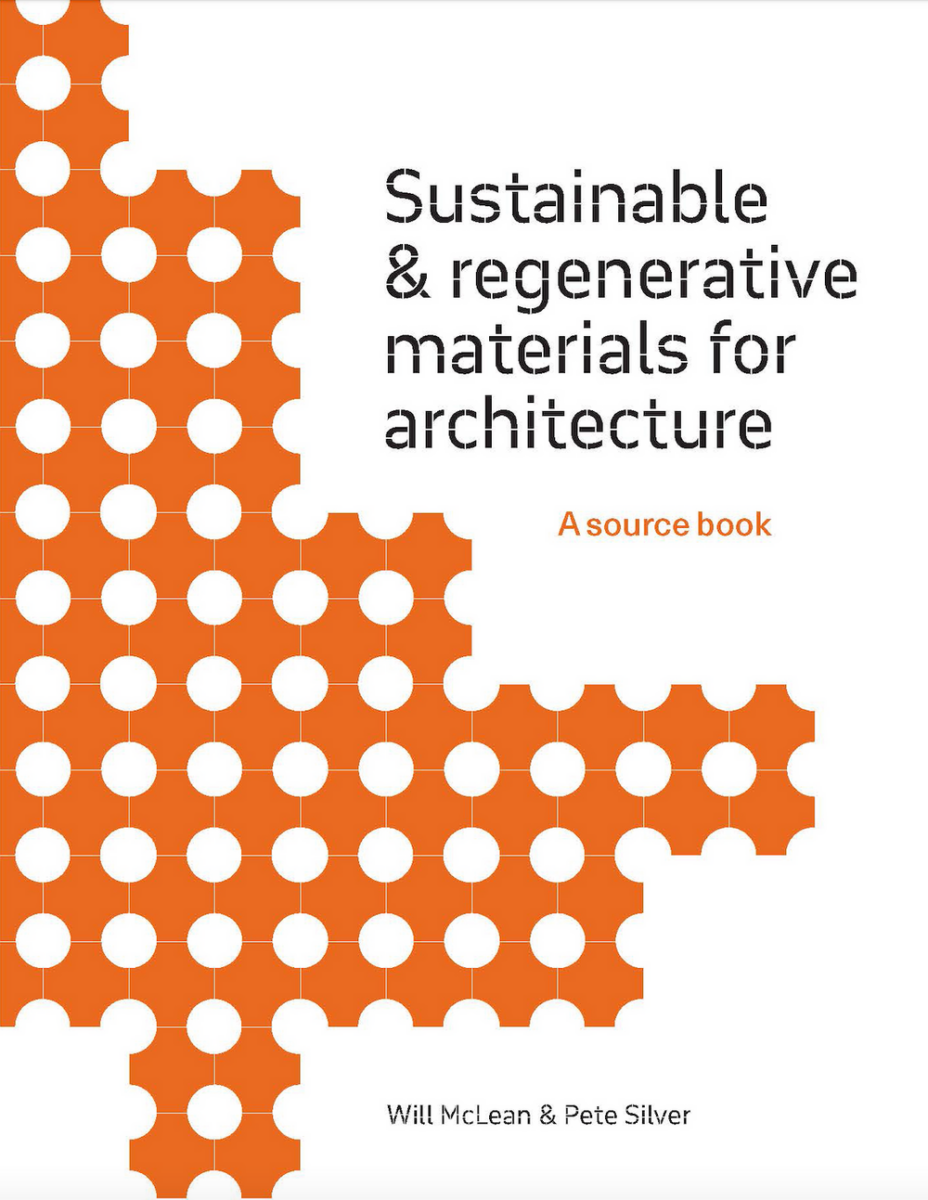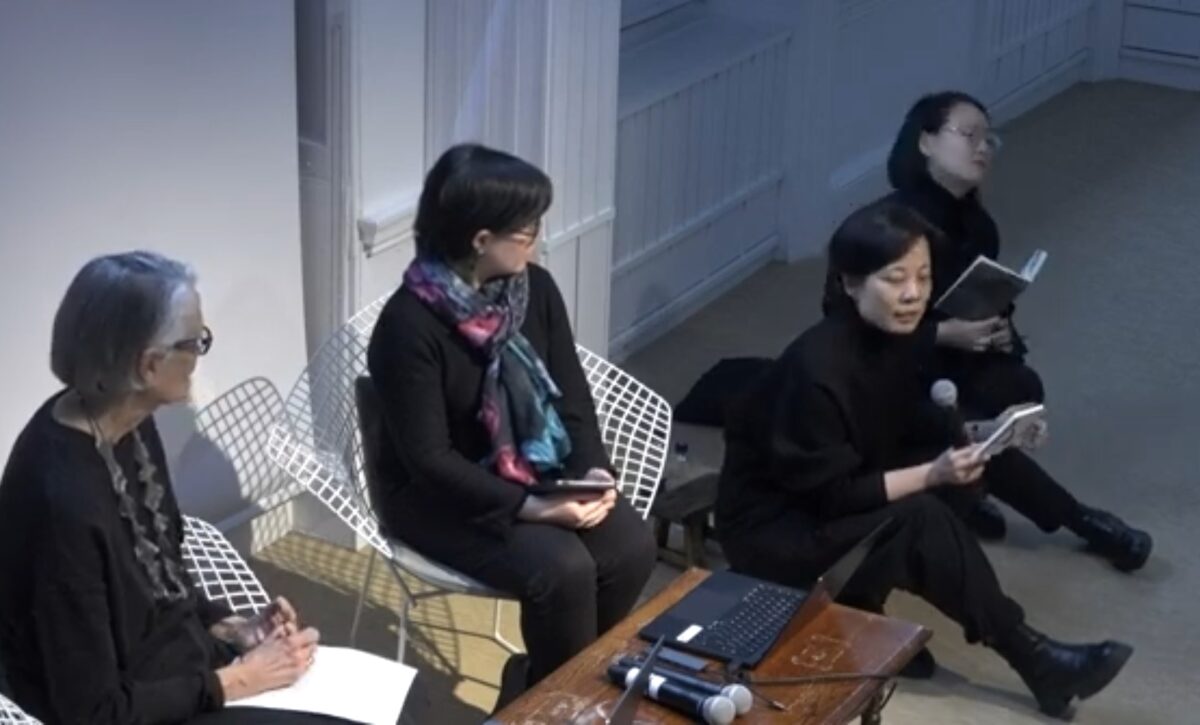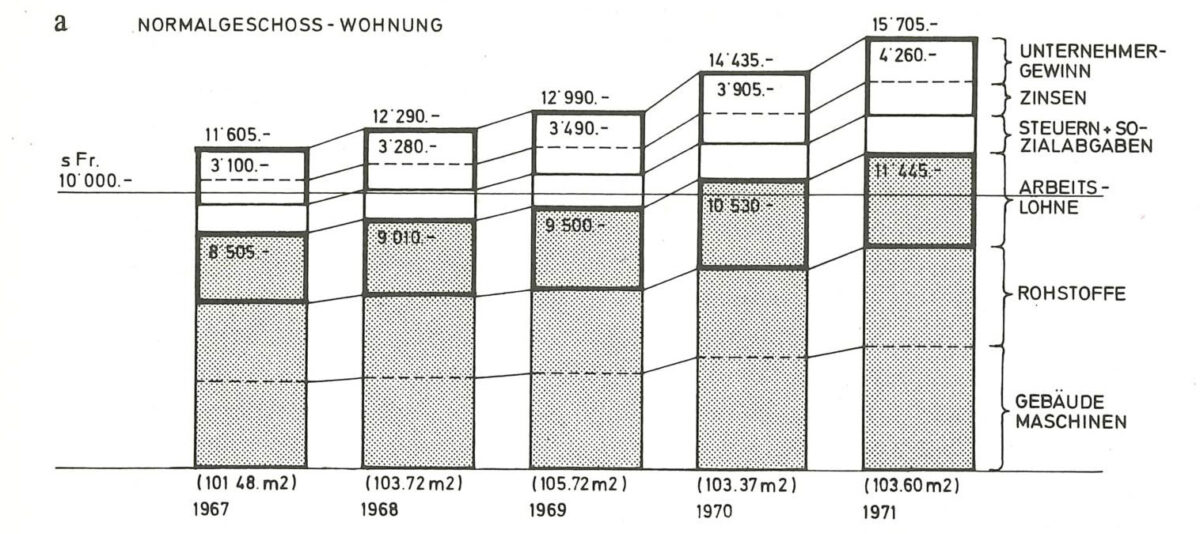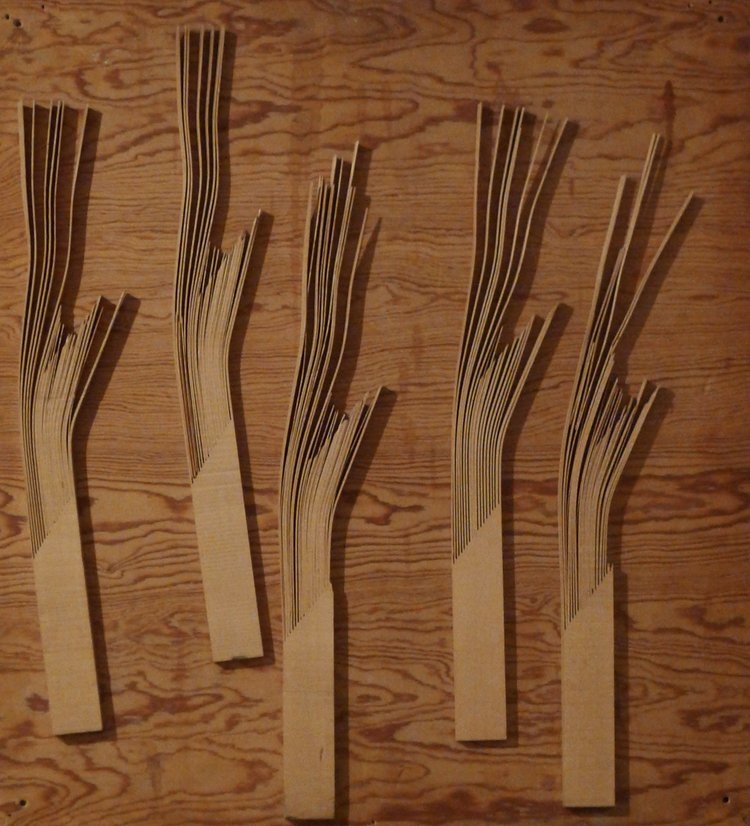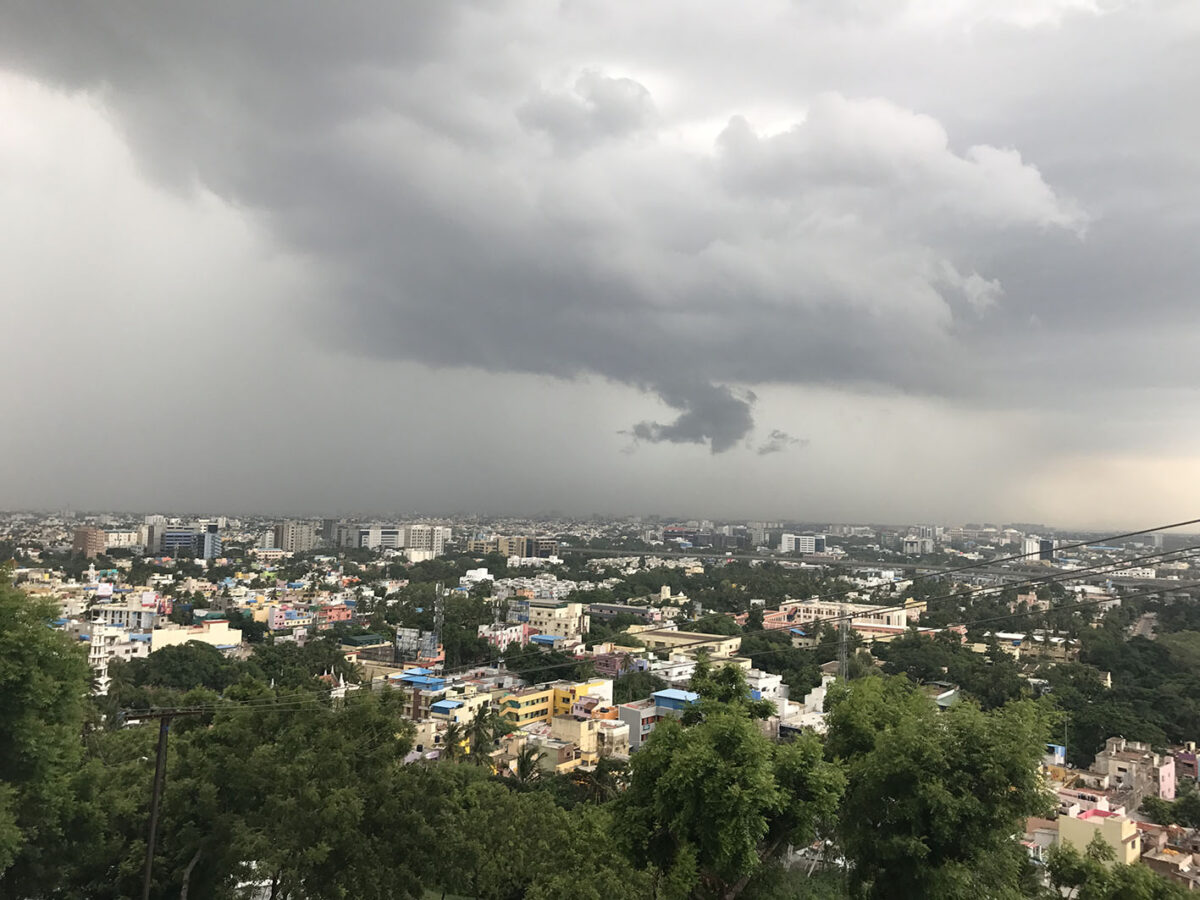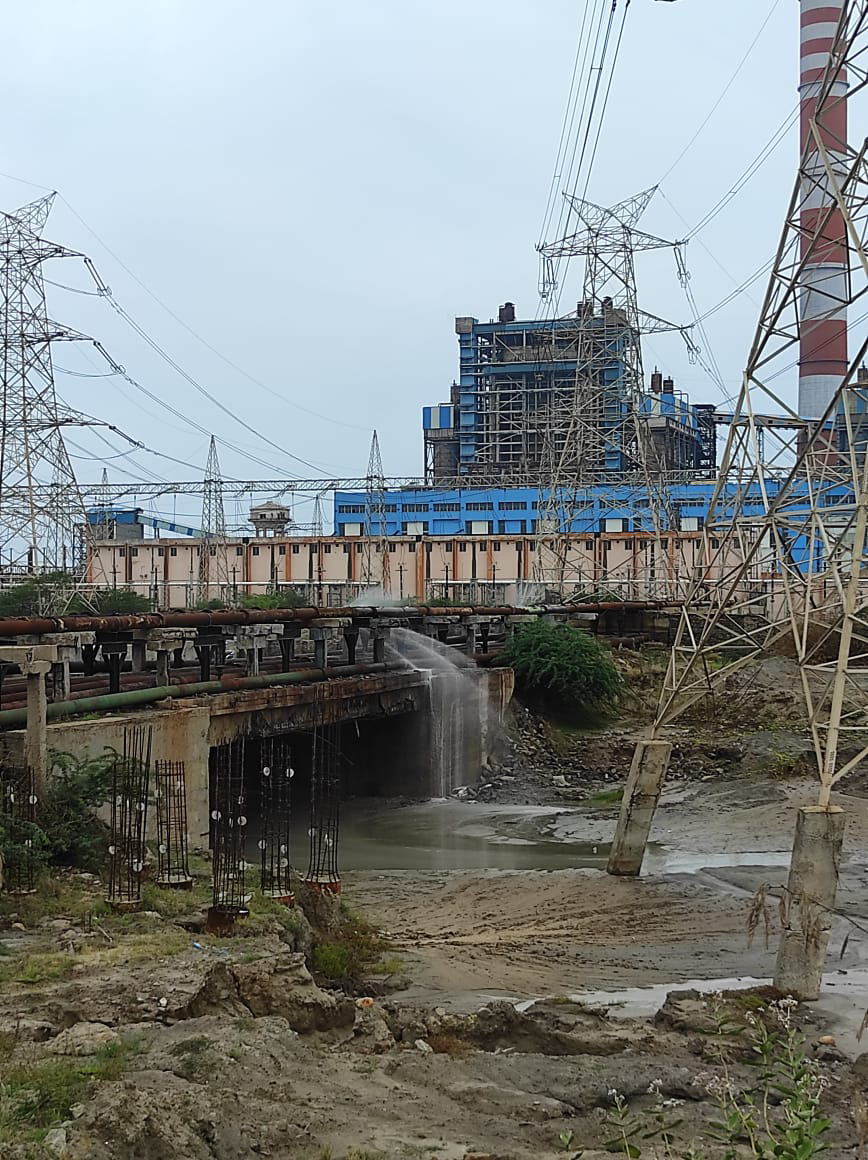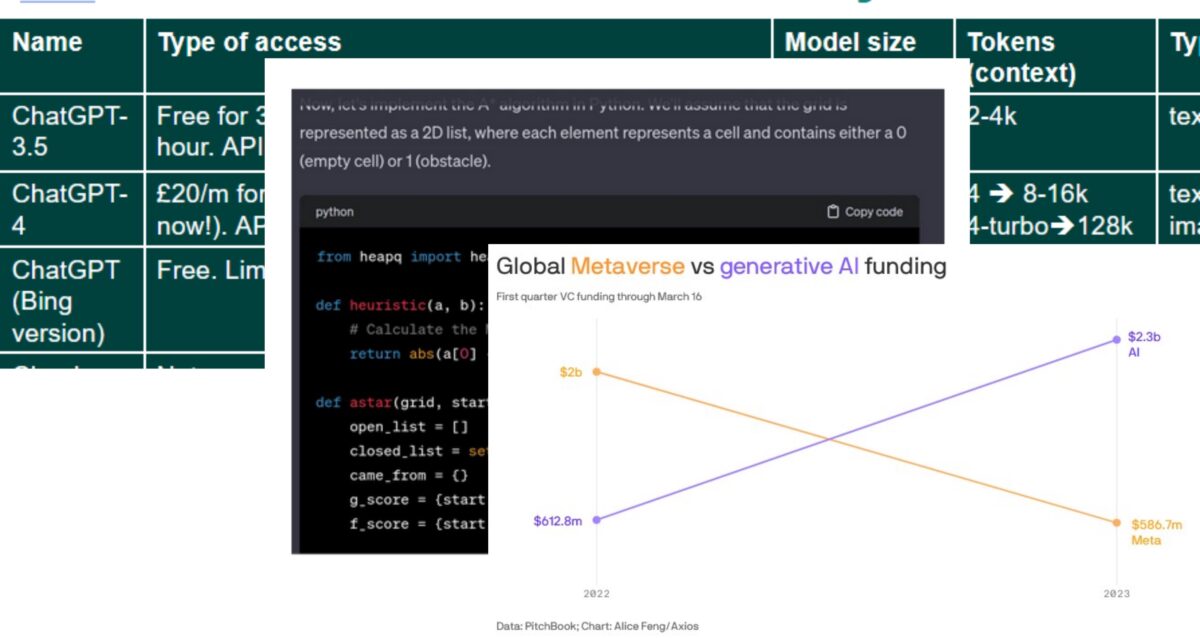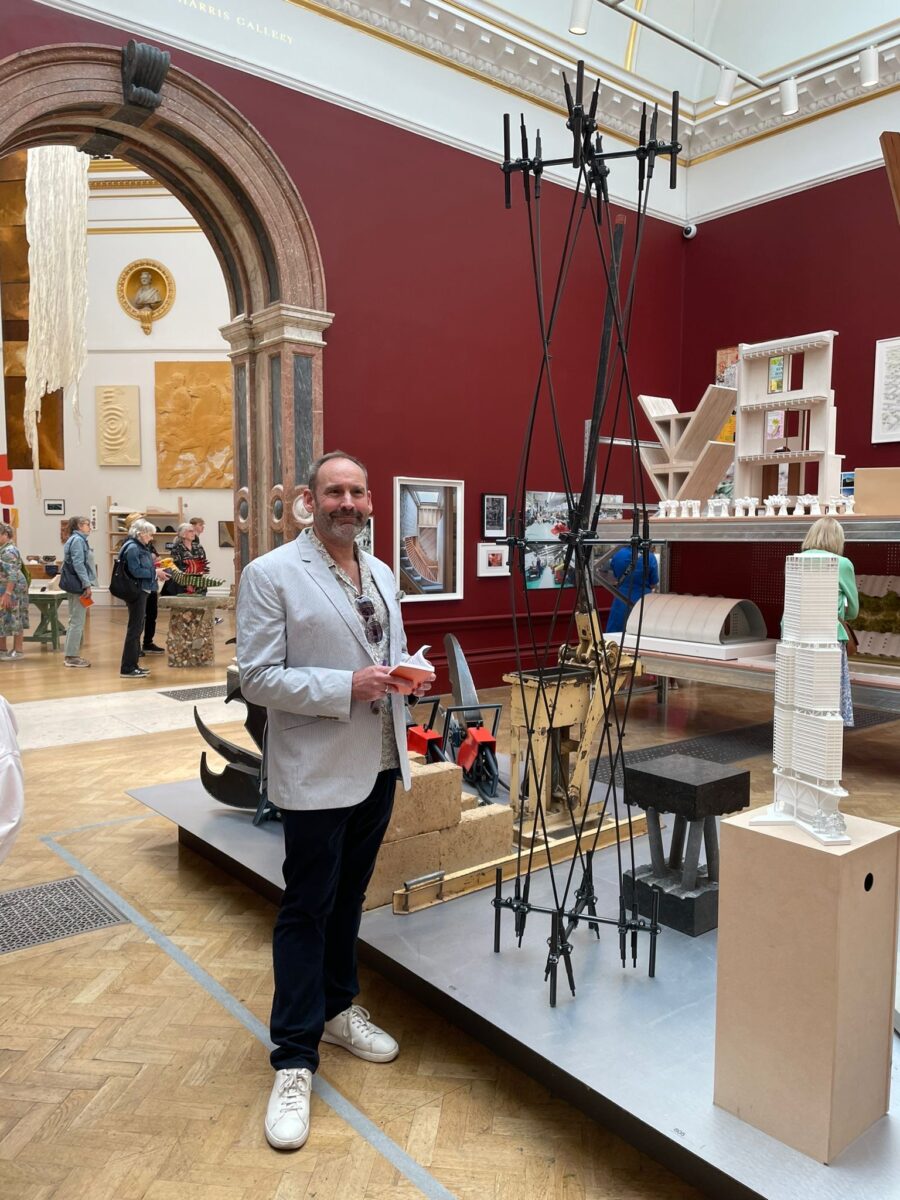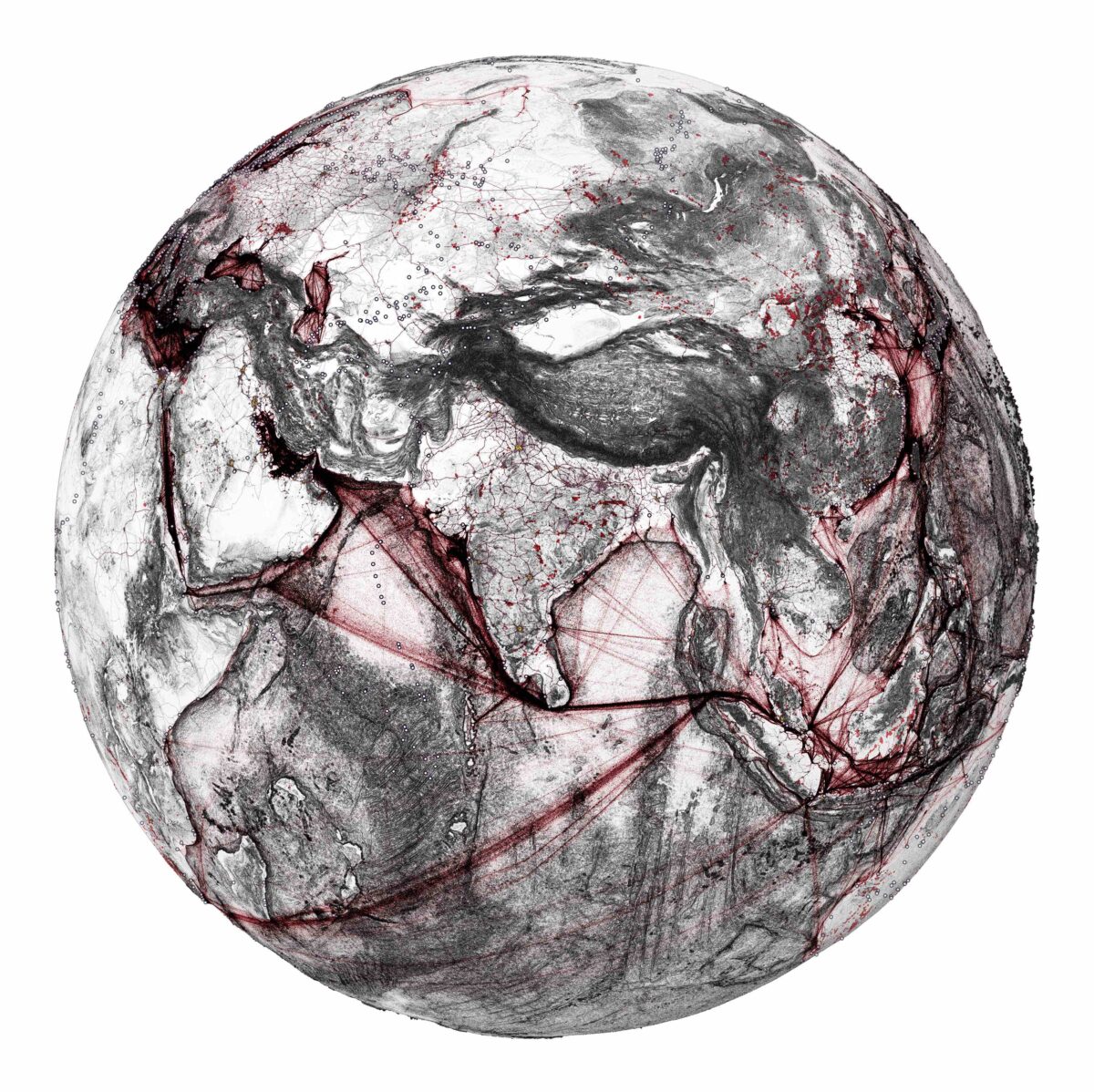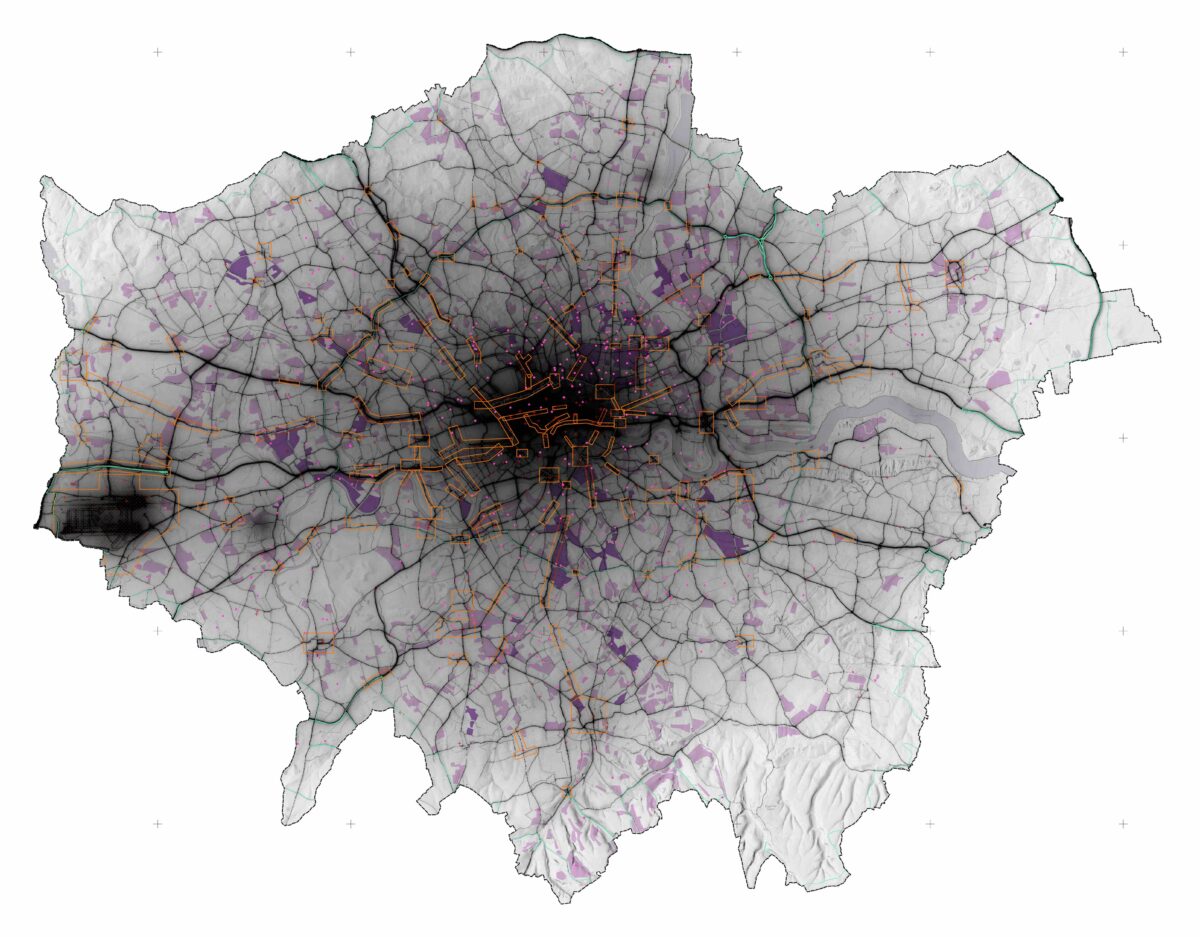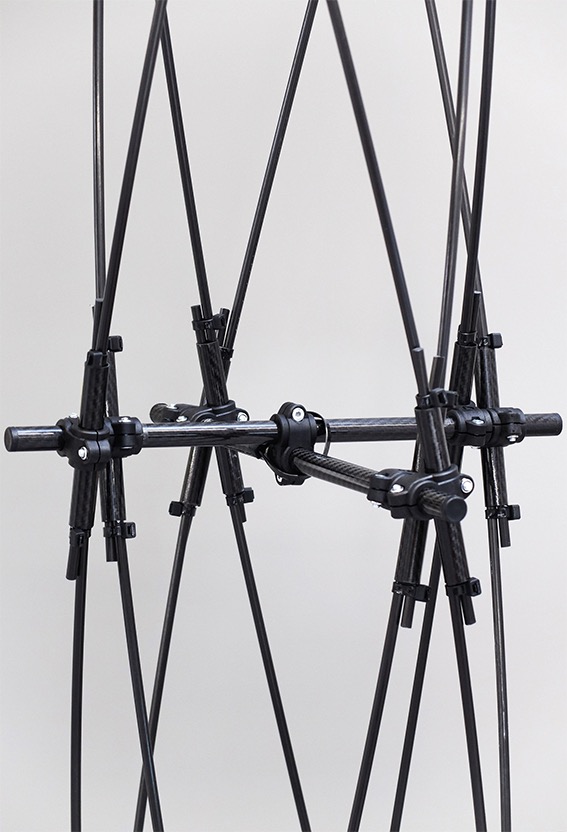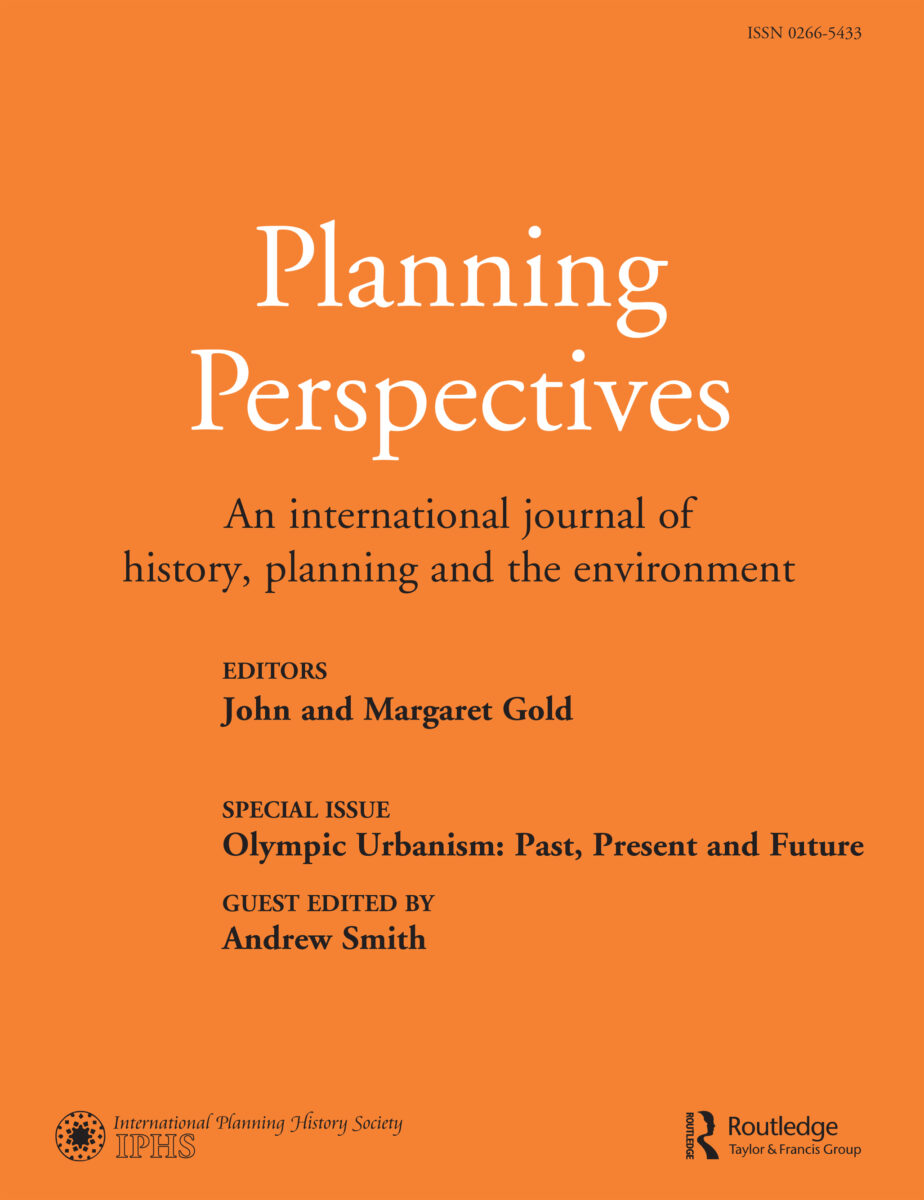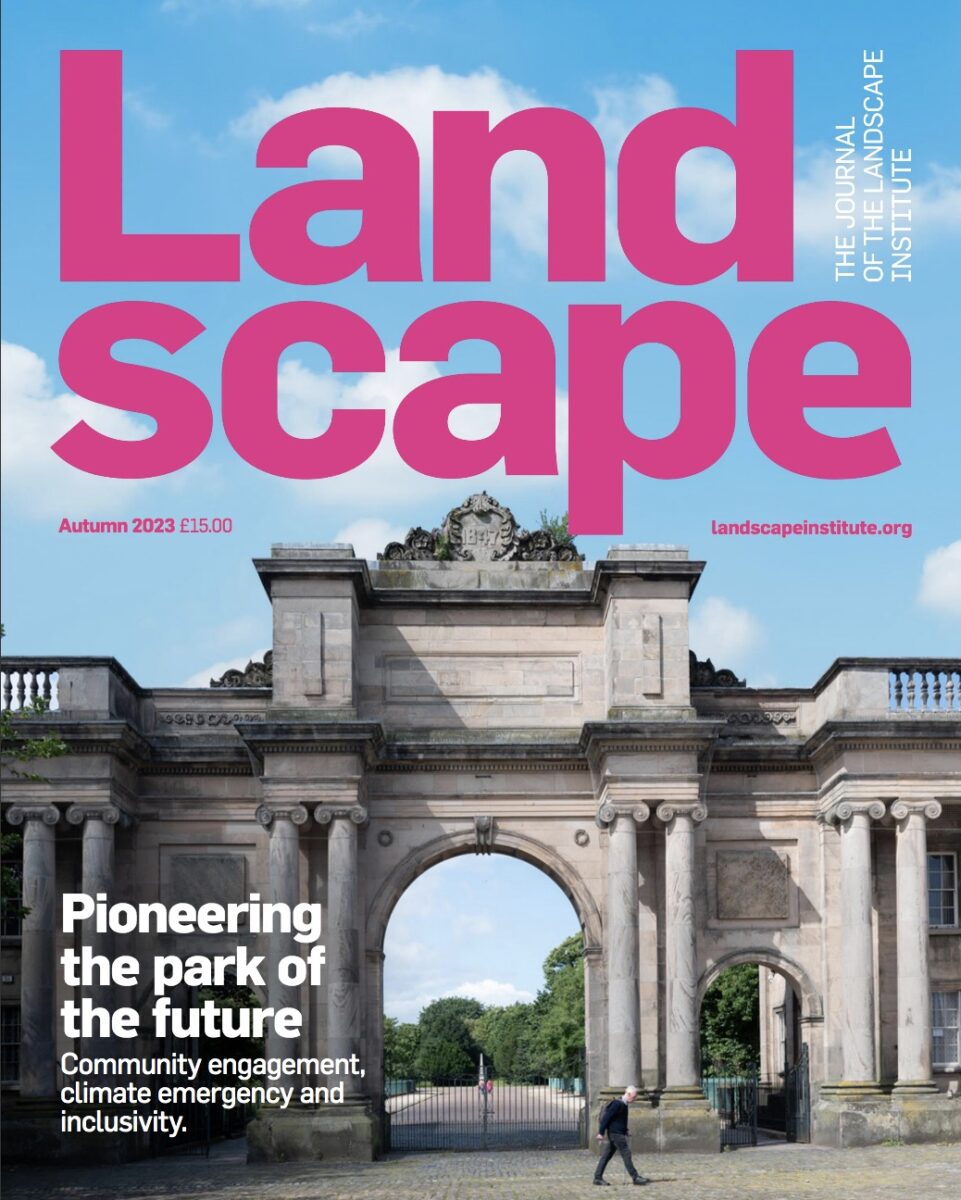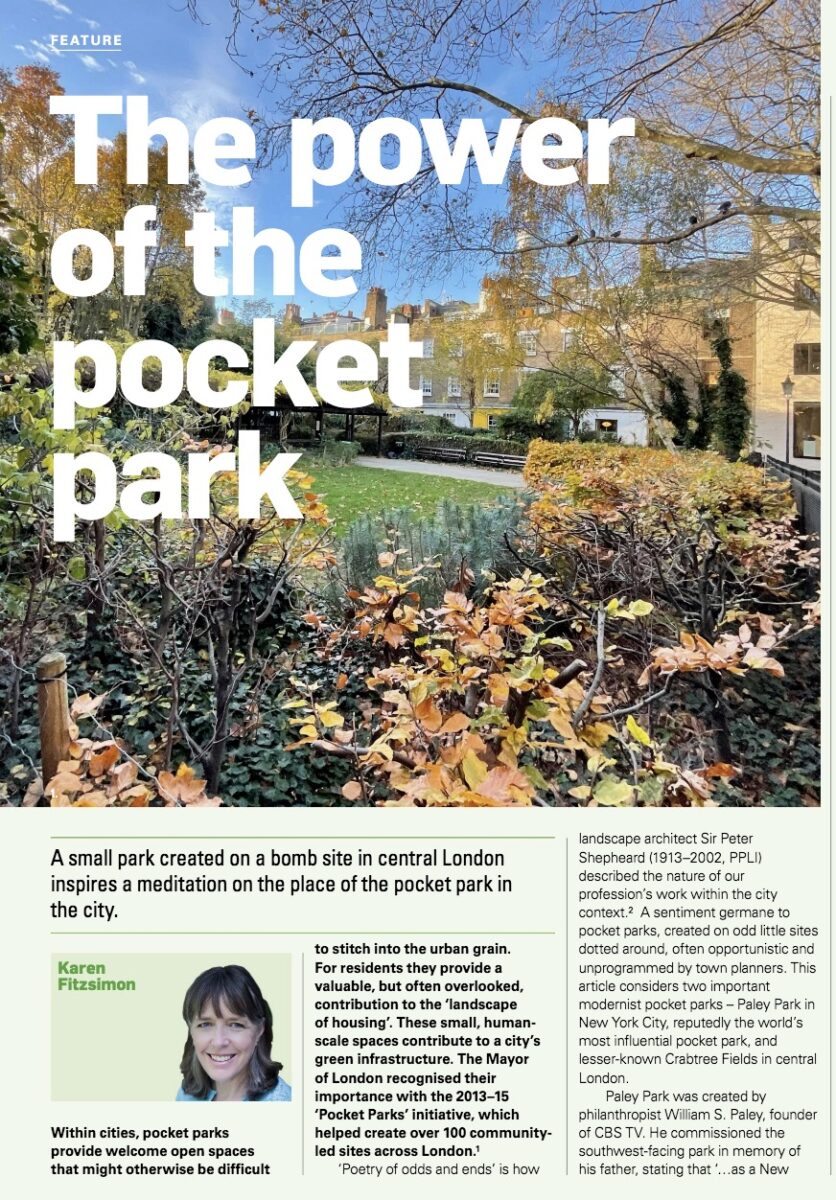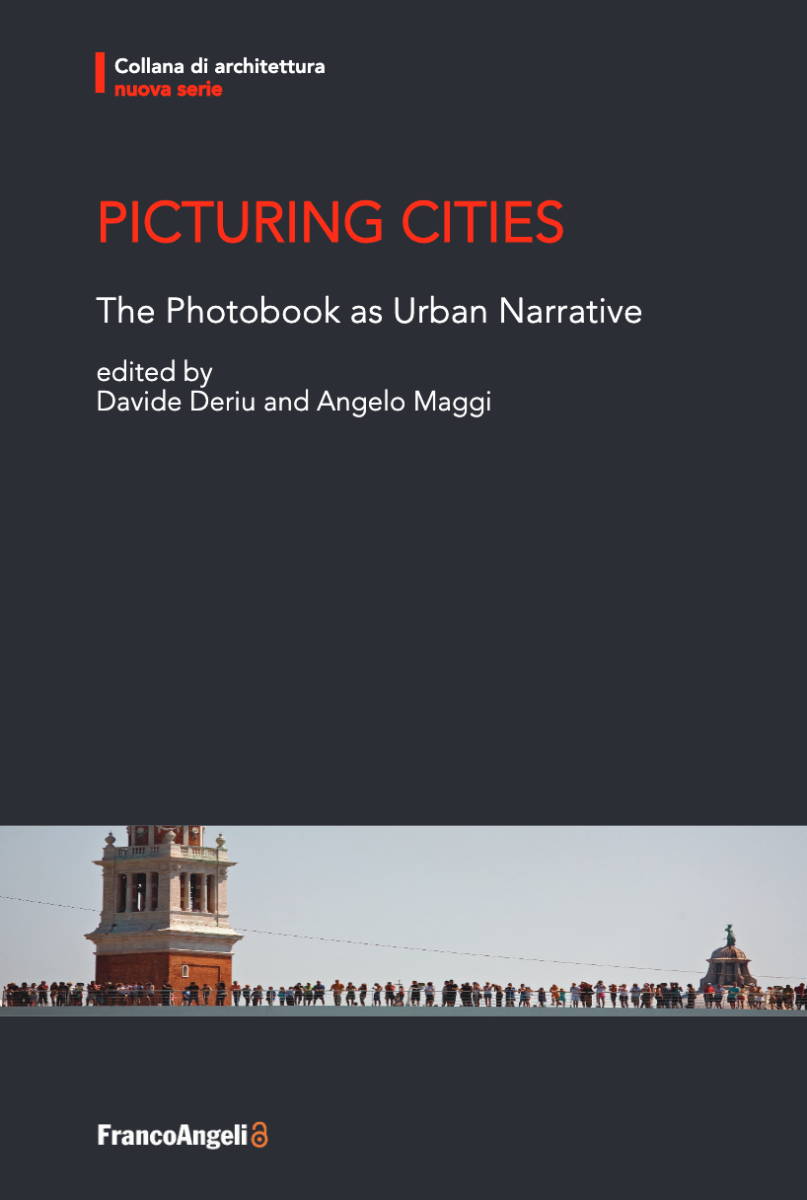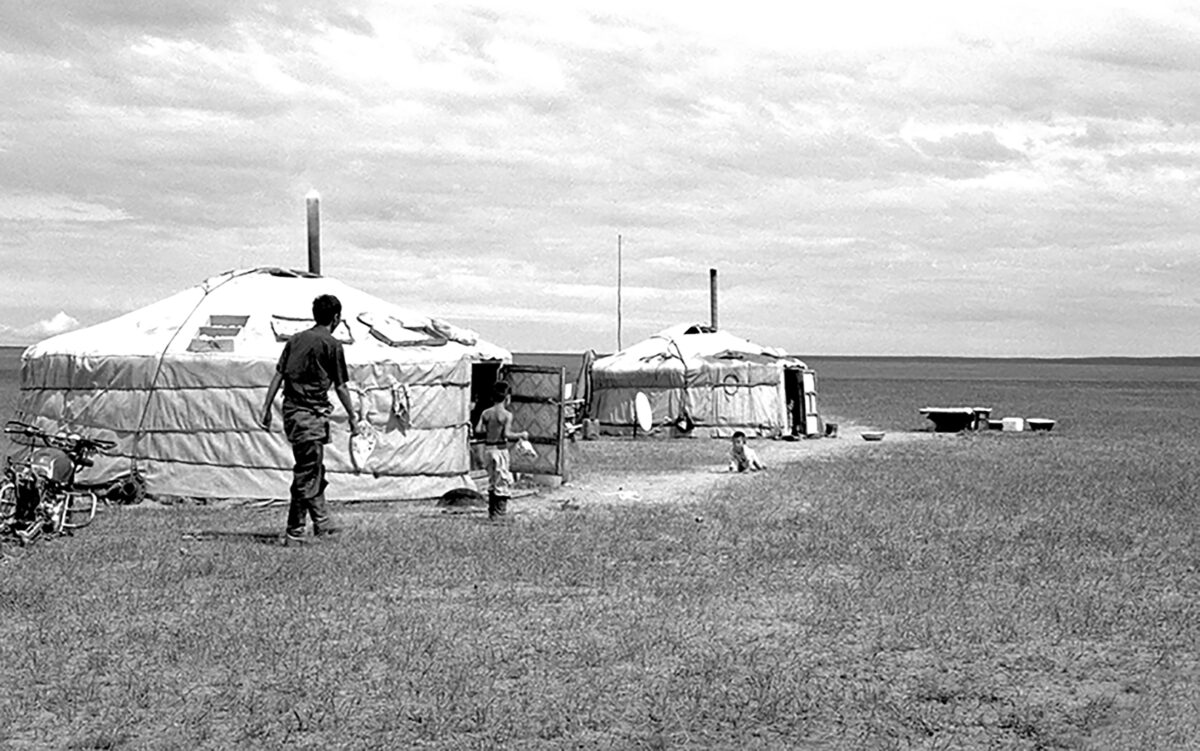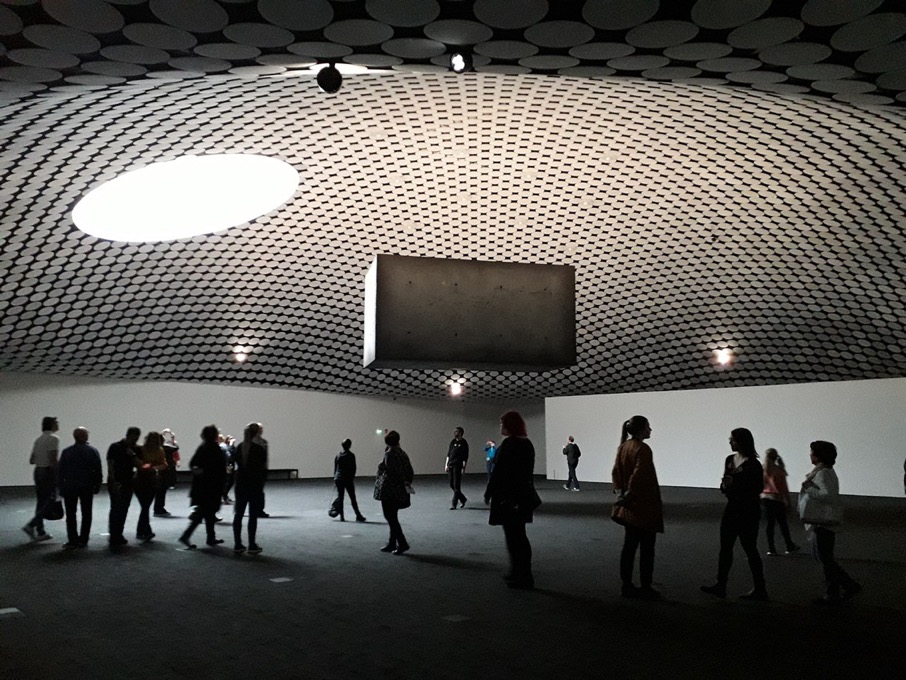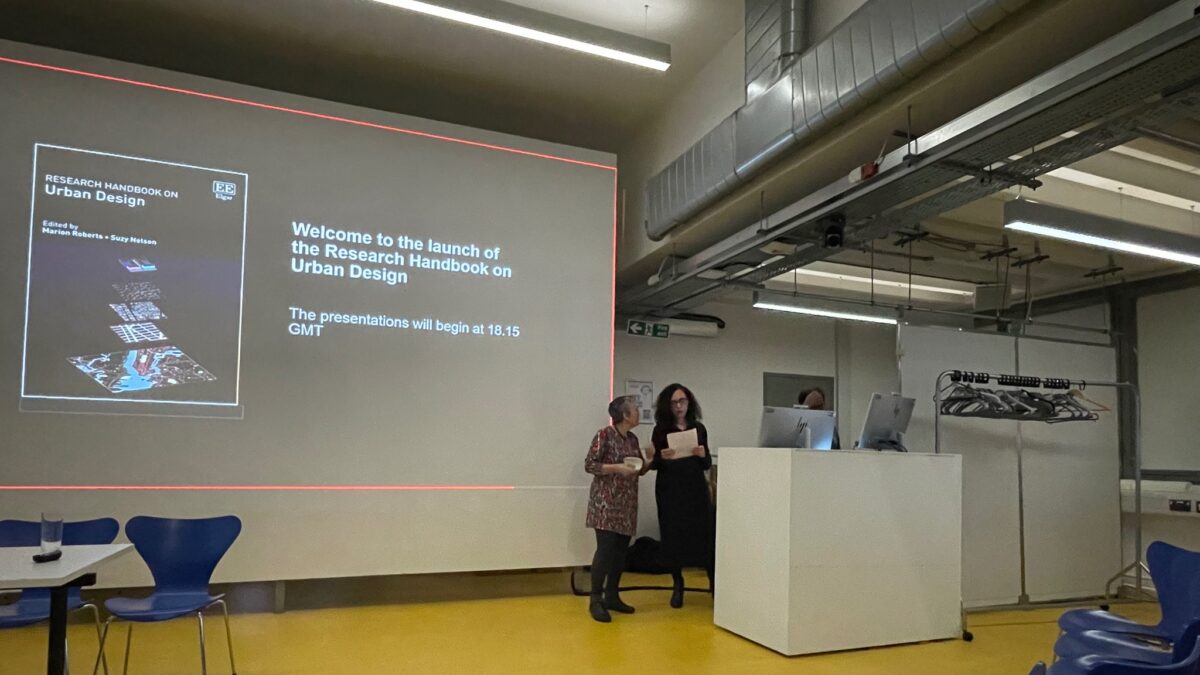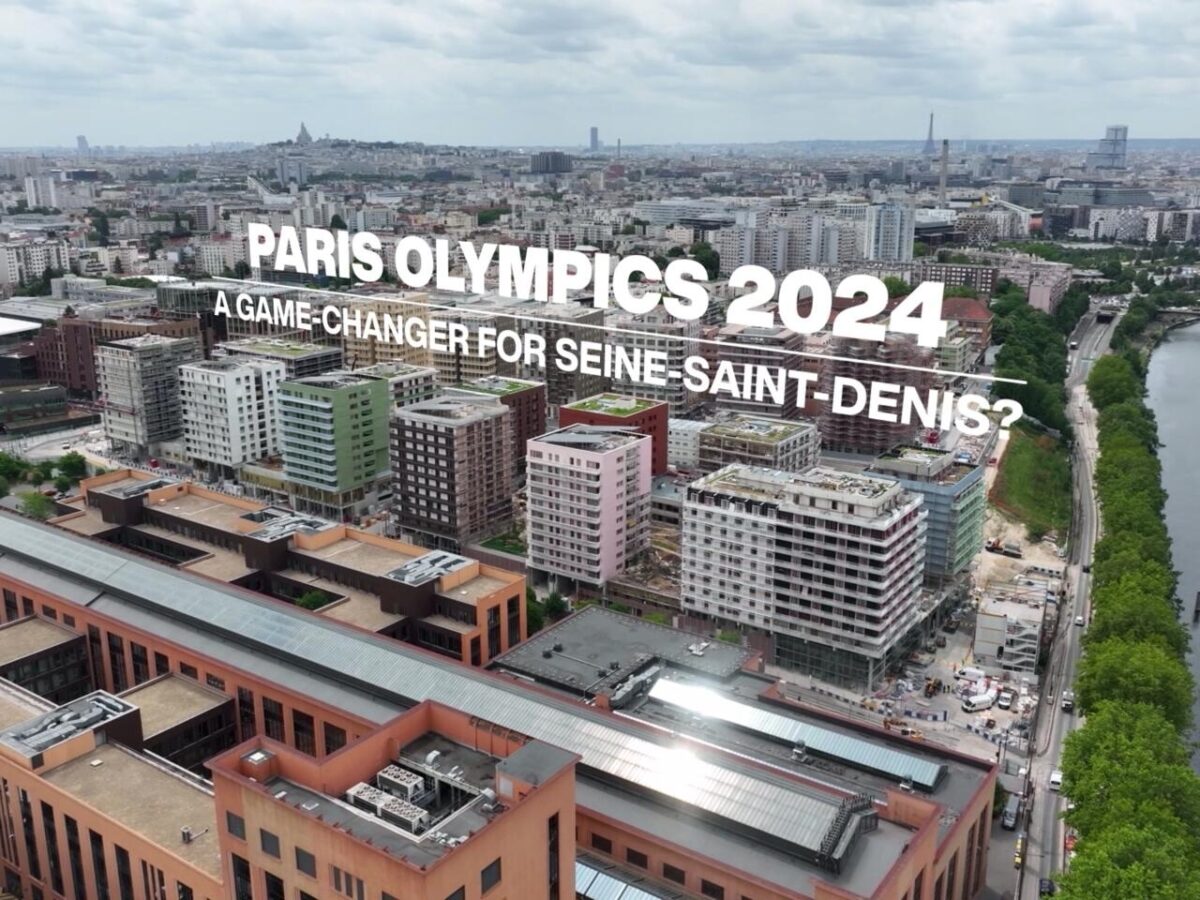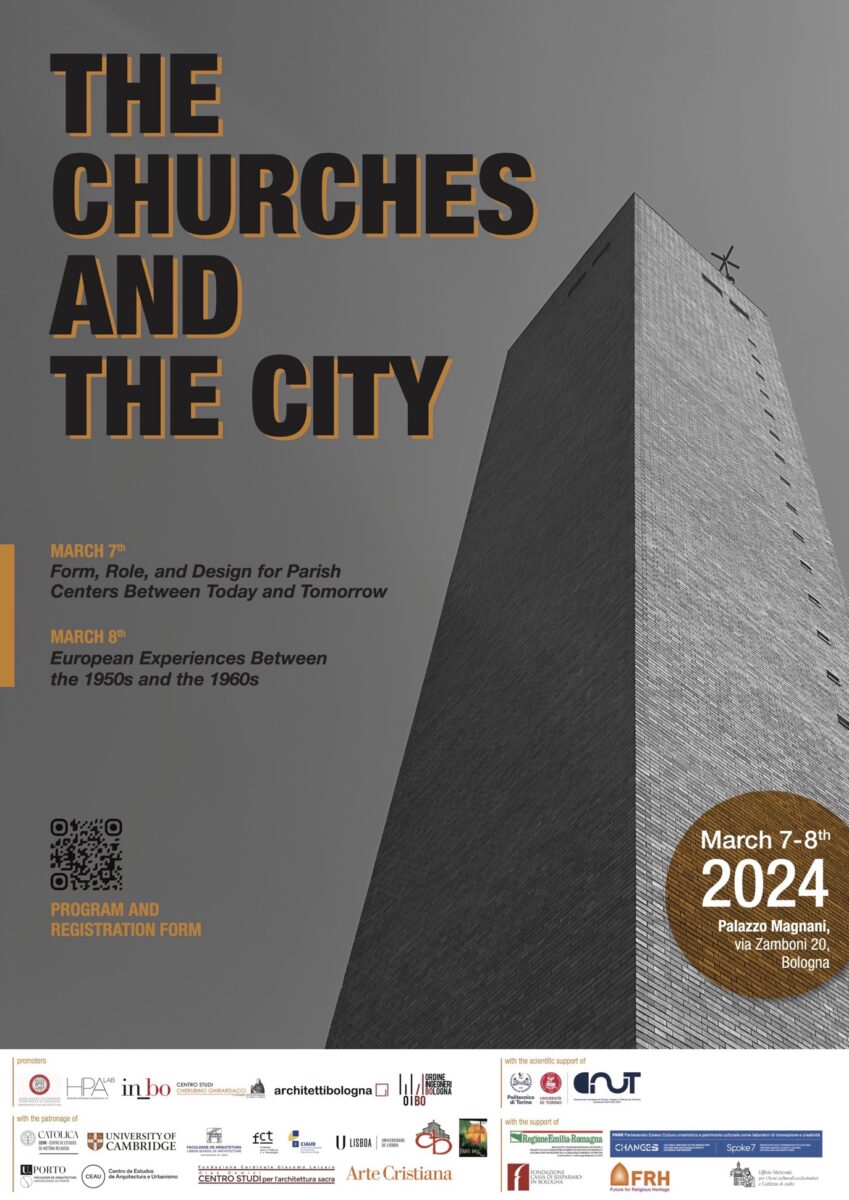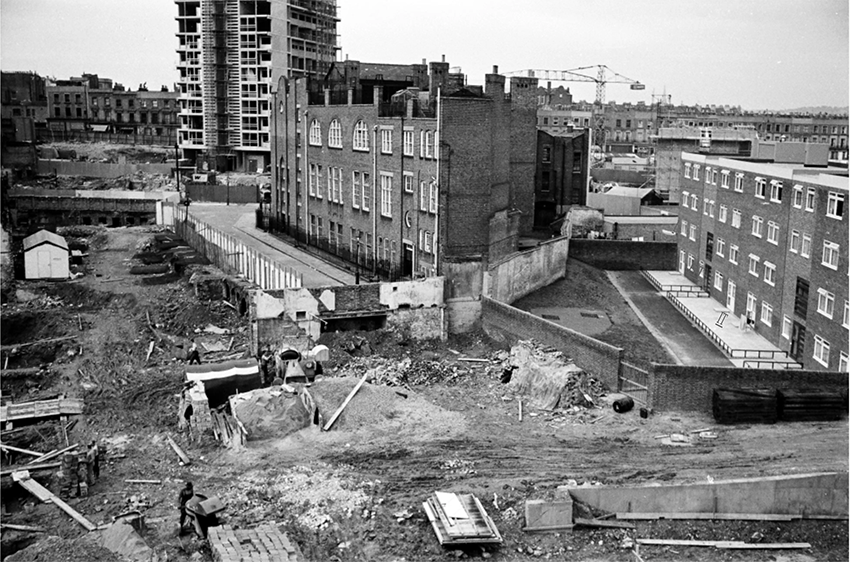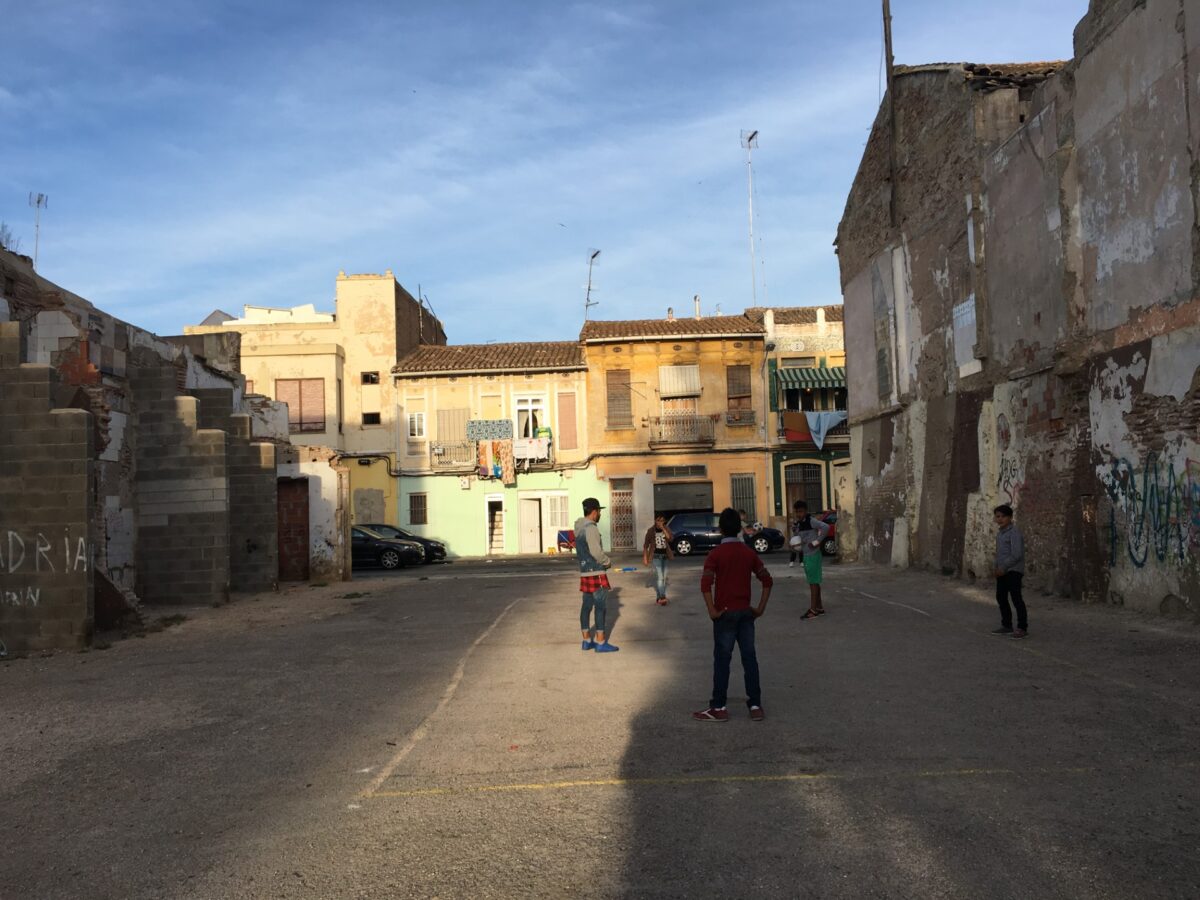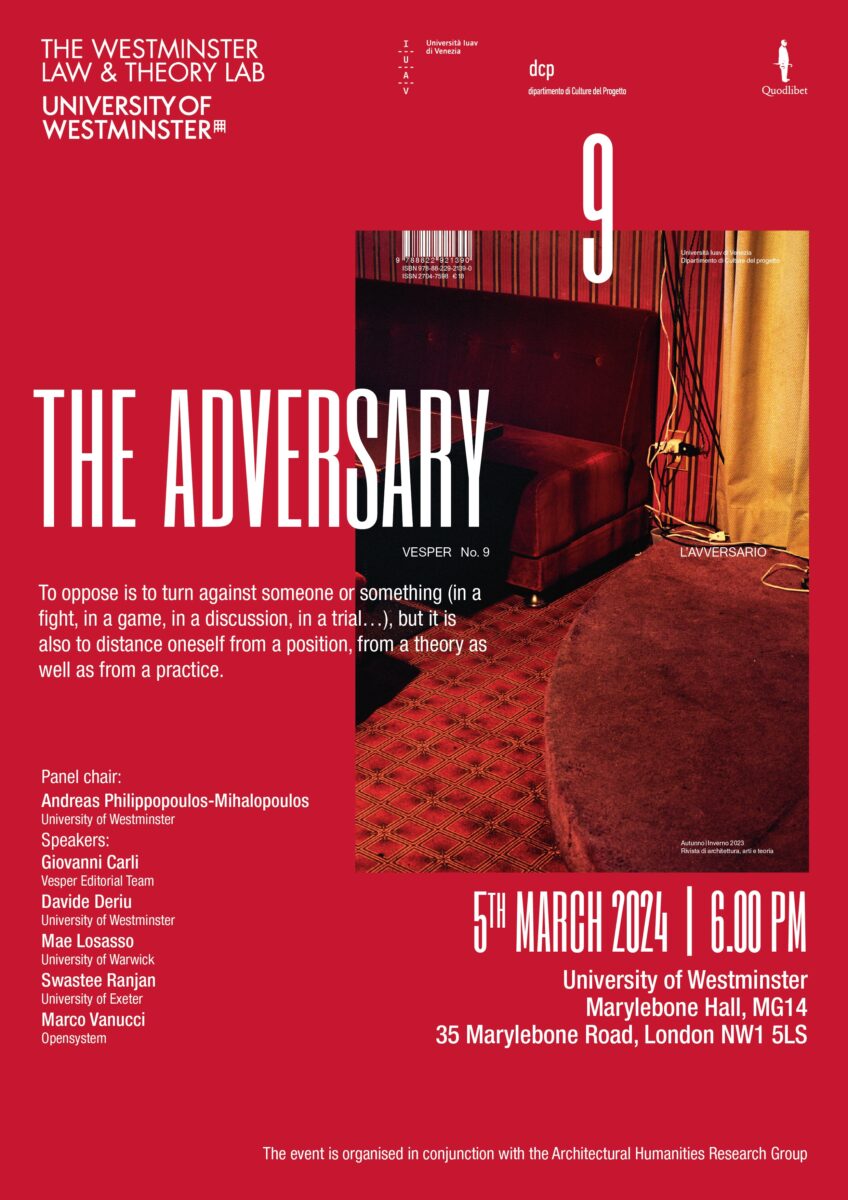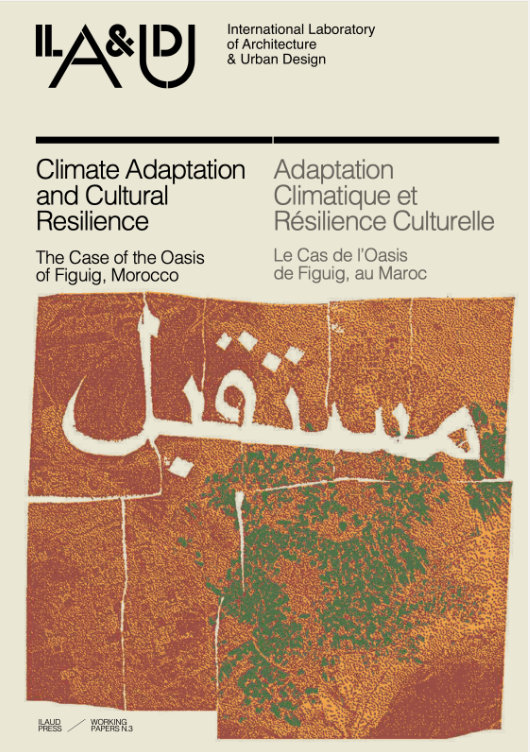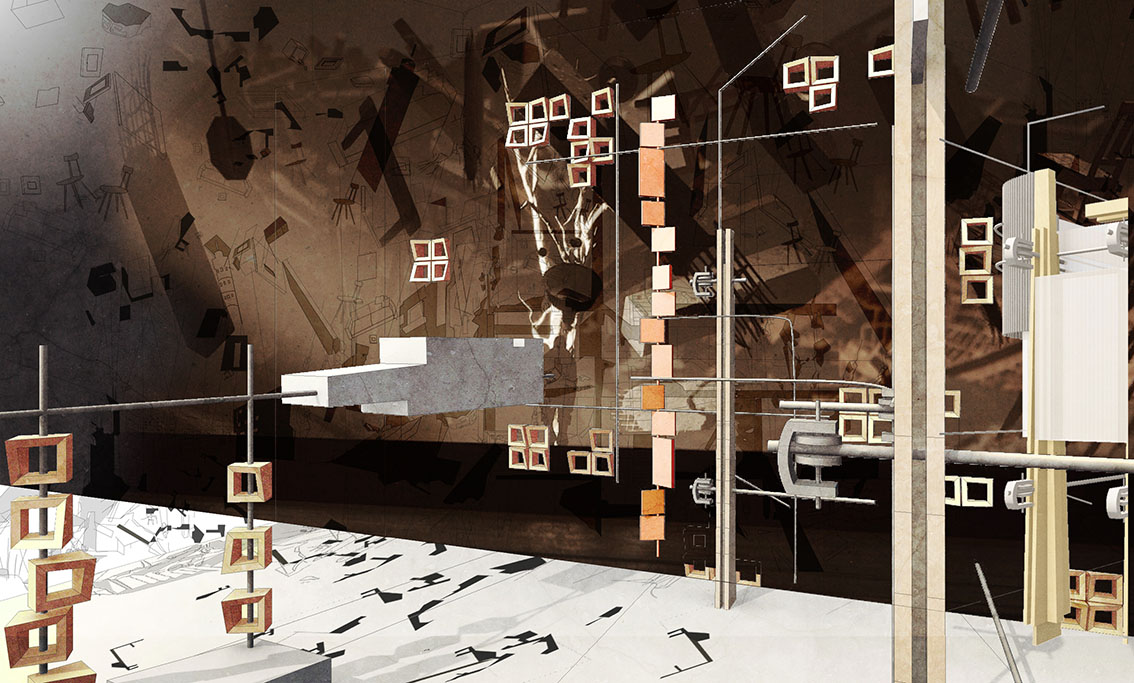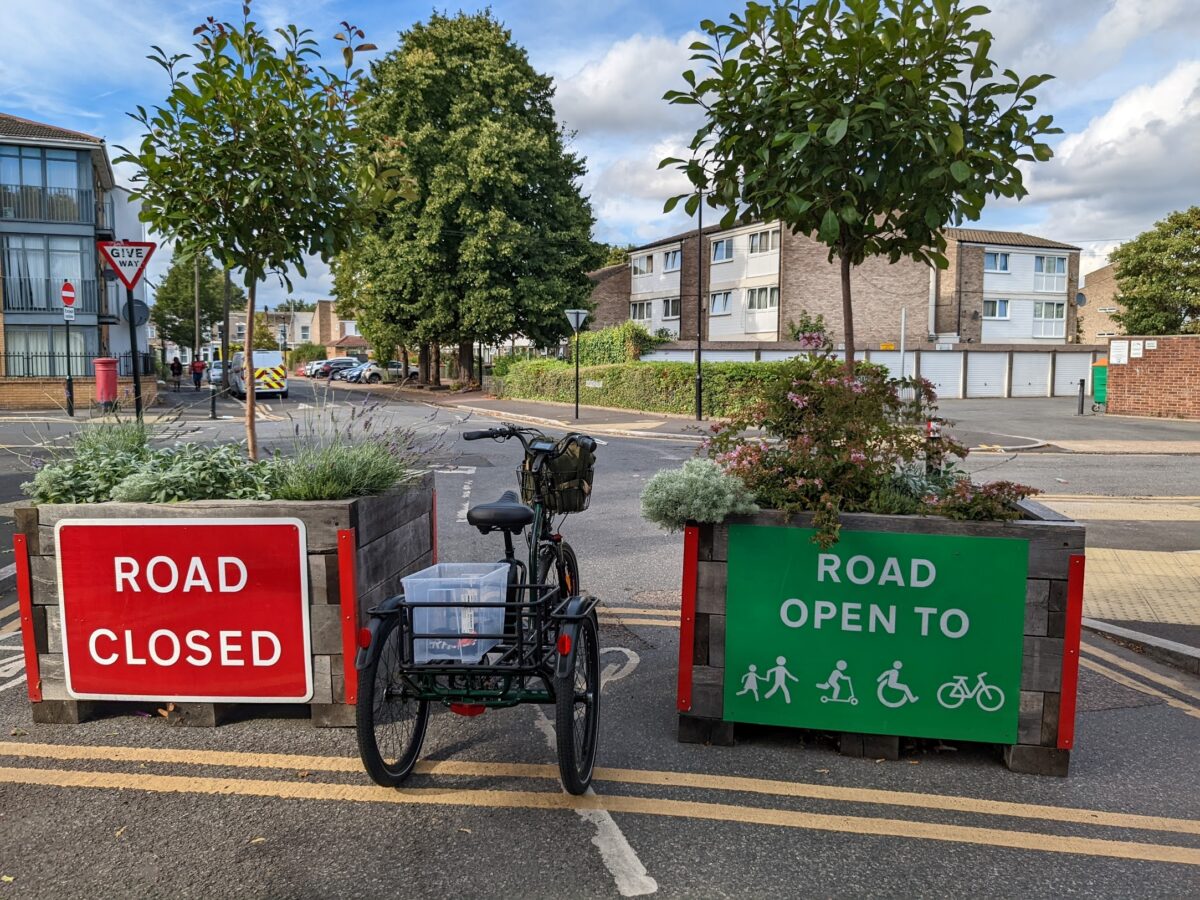This website presents the research activities by staff at the School of Architecture and Cities at the University of Westminster. It is intended to keep students, teachers and scholars updated on research related activities, events and awards by members of the School and to allow them to share their work and achievements with the wider academic and professional community.
This article investigates the wilful destruction of Ennore Creek, a littoral wetland system in north Chennai, Tamil Nadu, by a series of shifting statist good city imaginaries expressed in plans, research reports, environmental impact assessments, government orders and court judgements. We show that these media built a powerful scaffold of legally sanctioned and scientifically backed good city narratives that reformulated the creek as a sacrificial zone for sustainable development, economic growth and logistical urbanism. Framed through the analytic of the littoral, we interrogate these developmentalist narratives and the technologies they used to contain or dispossess the fluid materiality of the creek. We then develop the idea of amphibious activism to describe the actions of backwater fishers to care for and resist the further degradation of their life world. We suggest that their activism expresses what Michel Foucault called a practice of liberty. It could not free them from the sets of relations in which they were embedded, but it enabled them to imagine and enact another way of life within them.
Shahed Saleem leads a conversation, unpacking the themes and ideas of his latest published collection of essays and photographs, Building Futures: The Counter Architecture of the British Mosque. The discussion will explore how migrants and diasporas create space and community, and how the post-war multicultural consensus in Britain has been shaped and challenged through the intersections of race, politics and architecture.
Urban vacant lands, terrain vague, urban voids, brownfields—are typically viewed as negative spaces awaiting profitable development, despite often harbouring rich ecological systems and supporting diverse community activities. As cities confront climate change, biodiversity loss, and spatial inequity, these undervalued spaces present untapped potential. What alternative values do these spaces hold? How might we reconcile theoretical understandings with practical interventions? When should preservation take precedence over development? The seminar discussed initial findings from research into emerging innovative practices that reimagine vacant land to address contemporary urban challenges.
Verdini, G., Woltjer, J., & Cioboata, S. (2025). Localising and reimagining urban planning knowledge for effective Global South climate urbanism. Planning Practice & Research, 1–21. https://doi.org/10.1080/02697459.2025.2474817
This paper acknowledges the limitations of the current system of urban knowledge production concerning climate change and its applicability to the Global South. It explores whether climate urbanism pedagogy, emerging in higher education, takes effectively into consideration local contexts and how this translates into curricula innovation. Drawing on insights from 14 interviews with engaged scholars and practitioners, the paper argues that advancing effective Global South climate urbanism requires reorienting planning education towards the historical specificity of places and their climate justice issues while experimenting at the same time with new forms of knowledge co-production.
This seminar reflected on the author’s research with ‘air grid’ structures. It returned to an old line of inquiry, comparing air grids with the paintings of the Agnes Martin, and then turned to a new line of inquiry, looking at a form of proletarian art rooted in lead mining traditions in the Northern Pennines, called ‘spar boxes’. Researching spar boxes revealed the concept of ‘gangue material’ and shows how and why, gangue materials were produced through the value structures of lead mining. The seminar speculated on why the concept of gangue materials might be relevant for understanding air grids and their relationship to architectural design.
In May 2024, Caxias do Sul, in Rio Grande do Sul of Brazil, was struck by a devastating flood that resulted in over a hundred fatalities, numerous injuries, and the evacuation of thousands of residents. Research funded by the Economic and Social Research Council (ESRC) enabled the authors to conduct a series of workshops in Galópolis, Caxias do Sul in March 2025, highlighing potential pathways for transformative action toward building the city more resiliently.
An AIR Grid Publications, Copyright 2024, Doctor VA Watson, ISBN: 9781838018047
A prototypical design for a new kind of architecture school. The idea for a new kind of architecture school began when, at the turn of the millennium, we were invited by David Greene and Samantha Hardingham to contribute to the prospectus for their speculative idea for an Invisible University. Our response was a tiny bit nonsensical, but it pointed the way to a fabulous AIR Grid architecture that not only includes the proposal set out in this book but much more besides.
Journal of Historic Buildings and Places, volume 03, 2024, ISBN 978-0-946996-39-1
At their RA summer exhibition in 2023 the architects Herzog and de Meuron claimed to not have an architectural style. By looking carefully at a select few of their projects, this essay examines what the claim means. Just as the exhibition directors had to devise a strategy for demonstrating the diversity and inventiveness of H&dM’s work within a limited space and timeframe, so it was necessary to devise a strategy for focusing on their design methods within the limited framework of a journal essay. To gain the necessary focus, the inquiry considered just two pairs of architectural competitions, both for museums of modern and contemporary art − in the cities of London and Berlin.
Dr Victoria Watson & Dr Will McLean (eds); Photography Urna Sodnomjamts ©DPRG Publications, 2024, ISBN 978-1-0687997-0-9
The first published work of the Design Practices Research Group presents a catalogue of the group. The catalogue includes a brief biography of group members as well as short statement that highlights individual research and knowledge exchange ambitions. As a part of the catalogue, we have included a photograph of each researcher pictured in their research environment. The appropriate research environment is determined by the individual researchers and they variously include the design studio, offices, the fabrication lab, a building site, a library and a forest. Urna Sodnomjamts, one of our new colleagues and an early career researcher has kindly agreed to be official photographer.
When heritage sites are destroyed or damaged, such catastrophic events often prompt calls for restoration. Globally, the number of heritage sites at risk or already lost is staggering. Notre Dame has been expensively restored since the 2019 fire, but such care is not always possible or appropriate. In restoring a building, what and when is being restored? The building the day before the fire or the bomb? Or the building upon the day of completion? These questions were considered through a discussion of Clandon Park – an 18th century National Trust property, almost totally destroyed by fire in 2015.
Climatic Assemblages explores the technical, social and cultural modes in which climate knowledge is assembled across the spatial, textual and technological sites of climate science and ecotheology. I investigate these sites of climate knowledge production to situate climate scientific knowledge practices and examine the relations between this as a dominant mode with an alternative view of climatic relations through Roman and Anglo-Catholic ecotheology. The pairing offers the opportunity to explore the diffractive possibility of productive adjacencies, complements and distinctions in modes of knowing climate and ways of living within climates.
As a mother who doesn’t drive and has cycled with my son (now aged 12) in various forms since he was seven weeks old, my own experiences both positive and negative had left me intrigued to find out how other mothers were traversing the challenge of cycling with young children. Were my experiences typical of others cycling in the UK? Did other mothers have to plan where and when they can ride with their children due to lack of safe cycle infrastructure and had they encountered judgement from others for their choice of transport. A mixed method approach was pursued including focus groups, surveys and 30 semi-structured interviews.
“Will and Pete inspire us here. They have trawled the network of excellent scientists and designers to find materials, design and construction that leap off the page and make you want to become a natural builder without delay.”
Jonathan Smales, Human Nature
There is a creative explosion of work taking place in architecture and design schools exploring materials such as mycelium, clay/earth, engineered timber, bio-based plastics and algae. This handbook of low- and no-carbon materials for architects and designers focuses on sustainable materials, their sourcing, technical properties and the processes required for their use in architecture. The book showcases new and rediscovered processes for material fabrication, responsible sourcing and creative material design.
At this event, Lindsay Bremner and Dorothy Tang (National university of Singapore) told the Earth from the perspective of the littoral, the dynamic coastal zone shared by land and sea. We told stories from south and east Asia, examining the instruments used by authorities to measure and control the littoral since colonial times, and the resistance the littoral and its people have posed to such endeavours. Their presentations concluded by asking whether the littoral presented an imaginary for inhabiting the earth otherwise.The event was part of a series t the Architectural Association titled Field Forum curated by Jingru (Cyan) Cheng and Chen Zhang.
This is the recently uploaded YouTube video of Sean Griffith’s conference paper, “Towards a Sellarsian Theory of Architecture”, delivered in June 2024 at the Marxism and the Pittsburgh School Conference, organized by the New Centre for Practice and Research at UCL in June 2024.
The presentation discussed Jörn Janssen’s theoretical and pedagogical efforts to analyse architecture from a Marxist-Leninist perspective in the early 1970s. Janssen scientifically situated architecture in the socio-economic dynamics of capitalist development, and examined it as an instrument of profit accumulation and workers’ exploitation. This understanding allowed him and his students to develop a clear agenda, aiming, to unveil the opposition between capital and labour at the core of every capitalist building; and to demonstrate that only revolutionary change could address this structural contradiction and liberate architecture from being an instrument of class exploitation.
Over the last 4 years I have held public events in galleries and museums where architectural themes and ideas have been displayed, narrated and discussed. In the presentation I describe some of these events, and how they were both a representation of traditional research, and also generators of new architectural knowledge co-produced through engagement with the public.
This paper was presented at the AHRA 2024 international conference, Body Matters (session: Contained Bodies). It critically revisited the history of London’s ‘tube shelters’ as a means of addressing the condition of civilians in the age of aerial warfare. By reappraising the transformation of the London Underground into a mass shelter during the Blitz, the paper highlighted the role of human experience, agency and resistance in the production of space.
This lecture explores the unique qualities that made Aalto furniture so appealing to architects and the public in London, the actors and agents involved in promoting it, such as Laszló Moholy-Nagy, Herbert Read and Philip Morton-Shand, how Finmar became the model for the Aaltos when they later set up Artek in Helsinki, and how furniture became the basis for the enduring connection between Finnish and British architecture.
In this seminar, Lindsay Bremner presented her recent experimental work on urban agglomerations as aerographies rather than geographies. She developed the idea that air, far from being the in-between or backdrop to the everyday dramas of urban life, is a dynamic material agent that organizes and transforms cities in ways that are historical, political, meteorological and affective. Drawing from philosophy, cultural geography and anthropology, she developed three ideas about air’s urban material agency – weathering, datafying and mattering, and explored these ideas in the city of Chennai, the capital of Tamil Nadu in South India.
Antipode, online first, 29 October 2024
The Ennore wetlands in North Chennai, India were once dense with diverse habitats and interwoven histories. Many of these histories began to unravel from the 1960s onwards, when state-sponsored heavy industry began encroaching into and polluting the wetlands. Local fishers, whose lives, livelihoods, and cultural worlds were ignored by these changes, fought back in a campaign to reclaim and restore the wetlands. This paper analyses how the Save Ennore Creek Campaign and Ennore fishers used counter-mapping strategies to reveal the state’s wilful suppression of fisher knowledge and worldviews using maps and plans.
Jordan, Kate. 2024. ‘Women’s religious communities and patronage in the UK: two case studies’,. Actas de Arquitectura Religiosa Contemporánea 11: 102-115. https://doi.org/10.17979/aarc.2024.11.11340.
This article discusses women as architectural clients through an examination of Roman Catholic nuns as patrons, designers and in some cases builders of religious architecture. The paper offers two case studies to explore the roles that women assumed in religious communities: the first, a chapel commissioned and built by a community of Carmelite nuns in Wales during the 1950s and the second, a recently completed abbey in the North of England. The examples highlight the evolution of female agency in the built environment and how this has been impacted by the professionalisation of architecture.
K. Jordan and S. Saleem (eds) ‘Sacred, Spiritual Secular: Spaces of Faith in the Twenty-First Century’ Guest edited special issue of Architecture and Culture, Volume 10 no.4 (2024)
The starting point for this Special Issue of Architecture and Culture was a conference hosted by the University of Westminster in association with the Royal Institute of British Architects (RIBA) in 2019, entitled “Spiritual Sacred Secular: The Architecture of Faith in Modern Britain.” While the conference focused on Britain, we were aware of an important gap in the literature on global faith spaces in late modernity, and sought to explore it through a collection of written papers. The contributions to this issue have been selected to highlight the wide diversity of methods and practices used to read faith spaces.
In this talk, Gurtner and Delgado raised awareness of the potential massive paradigm shifts that may come with AI. They summarised the latest development in AI and discussed how they will likely shape the future. They presented some conundrums on AI use, and then focused on how AI can be used right now for research. They concluded by considering the implications of AI for Universities, researchers and students.
In this presentation, Pete silver discussed the origins, development, and future applications of a new, lightweight, low-energy, structural system for which he was granted a UK patent in 2022 and that he describes as ‘torsegrity’.
Bremner, L. & Cook, J., (2024) “Anthropocene Desire Lines: A Coal Story”, Anthropocenes – Human, Inhuman, Posthuman 5(1). doi: https://doi.org/10.16997/ahip.1630
In this experimental visual essay, we follow an imaginary lump of coal across space and time from its Gondwanan beginnings, through its extraction from the Talcher Coalfields in Odisha in India, combustion in a thermal power plant in Ennore in Tamil Nadu, and into the future through its multitude of postcombustion afterlives. We track how flows of earthly matter that begin in subterranean strata, and, mobilized by ideas of power, growth and national pride, result in indifference towards the molecular colonization of bodies, soils, waters and airs they produce.
John Cook and Ben Pollock recently won three awards from the British Cartographic Society (BCS) for cartographic work submitted by their non-profit design research studio, Climate Cartographics. For further information go to the URL accompanying this post.
Toti, Alessandro. 2024. “Reform or Revolution: Architectural Theory in West Berlin and Zurich (1967–72).” Architectural Theory Review, June, 1–20. doi:10.1080/13264826.2024.2356373.
The article explores the evolution of architectural and urban theory in the wake of the 1960s politicisation of the architecture faculties of TU Berlin and ETH Zürich. Focusing on Oswald Mathias Ungers, Jörn Janssen, and their students, it examines a symposium, an exhibition, and a seminar that shaped divergent perspectives on architectural theory.
Pete Silver’s patented structural prototype has been selected for the 2024 Royal Academy Summer Exhibition. The prototype was built at the Marylebone Campus. It is made of carbon fibre rods held in torsion by rigid carbon fibre tubes, with reinforced polyamide connecting components. All materials were sponsored by the School of Architecture + Cities and assistance was provided by Fabrication Lab staff and by Dr Will McLean. Carbon fibre rods and tubes were supplied by Easy Composites Ltd and connecting components by RK Rose+Krieger GmbH. For a full description of UK patent number GB2594037B – Helical Structural Framework with Torsional Integrity – see URL
Smith, A., Gold, J. R., & Gold, M. M. (2024). Olympic urbanism: past, present and future. Planning Perspectives, 39(3), 487–499. https://doi.org/10.1080/02665433.2024.2344598
The urbanization of the Olympic Games and the continuing evolution of the IOC-host city relationship invites deeper consideration of Olympic urbanism and its role in shaping multiple cities across the world. This special issue of Planning Perspectives takes up this challenge, placing particular emphasis on planning histories and historiographies. The timing of its publication in 2024 is significant. Besides being the year that celebrates the Games of the XXXIII Olympiad, 2024 marks the centenary of the previous Paris Summer Olympics and of the first ever Winter Olympic Games at Chamonix in France’s Haute-Savoie
Future for Religious Heritage, March 2024
In the UK, as in countries across the world, former cinemas have been widely reused as places of worship. While there has been some research into the reuse of cinemas as churches, there has been little work on the broad repurposing of this building type for different faith groups. This article considers the way that buildings offer a snapshot of faith and society in the twenty-first century and reveals the extent to which religious adherence is, in fact, growing in many of Britain’s cities.
The Conversation, May 15th 2024
Feature article on research findings from the project ‘Moving pictures: reusing cinemas as places of worship in the diaspora.’
Landscape, Autumn, 2023, 6-13
As Liverpool’s Birkenhead Park is placed on the UK government’s Tentative List for consideration as a World Heritage site, this article explores the park’s important global role as a pioneer in public park provision. It demonstrates the design lineage with Central Park, New York City, and confirms the bold assertion that “without Birkenhead Park there would be no Central Park, and without Central Park there would be no New York City.” The article explores how the scale and concept of such historic parks is still relevant to contemporary life, especially in urban responses to climate change.
“The power of the pocket park,” Landscape, Spring, 2024, 42-44
In a journal issue dedicated to ‘Landscapes for Living’, this article argues for the role of pocket parks as part of green space provision for urban housing. The article explores two important modernist pocket parks – influential Paley Park in New York City, created via philanthropy, and Crabtree Fields in central London – a park forged through the power of community activity.
Deriu, D. and Maggi, A. (eds), Picturing Cities: The Photobook as Urban Narrative (FrancoAngeli, 2024).
This Open Access anthology examines how photobooks have variously been deployed to read, analyse and interpret cities through curated sequences of images – often in conjunction with literary or critical texts. Stemming from an urban history conference that was held in Bologna, a broad range of illustrated essays shed light on this particular genre of publication. The contents are organised into four sections: framing modernities; urban imaginaries; visual journeys; and politics of representation.
In this seminar, Urna Sodnomjamts presented her ongoing research into the metamorphosis of the nomadic herders of the Mongol Steppe into urban dwellers of Ulaanbaatar city, the capital of Mongolia.She discussed the circular economy and the land uses that sustained the ancient communities and the political evolution, environmental realities and economic challenges that, over the last two centuries have threatened their continuity. She also analysed the traditional Mongolian ger (yurt), its structure and its adaptations and the history and theory behind land-use and the interpretations of custodial vs settler occupation.
This seminar introduces ongoing research on the role that events play in fostering innovation in a sustainable way. It focuses on how events can become places and spaces for identifying and experimenting with new forms of sustainable living and doing business. It is based on a multi-disciplinary study combining a systemic perspective derived from institutional theory with a new view of prototyping from service design research. To understand how events can contribute to sustainable innovation, we need to consider the role they play in the ecosystem that provides the context where stakeholders negotiate values and agree on a common agenda.
Griffiths, S. ‘The poverty of embodiment in the work of Juhani Pallasmaa’. Architecture_MPS 27, 1
(2024): 2. DOI: https://doi.org/10.14324/111.444.amps.2024v27i1.002.
In books such as The Eyes of the Skin, architectural theorist Juhani Pallasmaa posits unmediated sensual encounters as the site of authentic engagement with the built environment. Such ideas, derived from phenomenology are very prevalent in architectural discourse today. In this article, I show that they are also highly problematic. Pallasmaa’s arguments are shown to be politically naive and philosophically unsound though analyses of works by Frank Lloyd Wright and Mies van der Rohe. Drawing on philosophical, historical and neuroscientific sources, the article posits an alternative, rationalist account of architectural experience in which the intellect and the senses are entwined.
This pivotal publication unites a diverse array of established and emerging scholars in urban design research from around the globe, showcasing a wide range of perspectives and insights. The event was a vibrant gathering of about 50 attendees in person and online, reflecting the global interest and relevance of the topics discussed. Insightful presentations included D Damyanovic with ‘Cool public spaces for the cities’; J Woudstra with ‘Trees and urban open spaces’; K Kamvasinou with ‘Crisis and Temporary Public Spaces’; H Kamalipour with ‘Informal Urban Design’ and E Pafka/K Dovey with ‘Enquiry by mapping’.
As global tourist cities increasingly experience the negative impacts of overtourism in inner city districts, mega events such as the Olympic and Paralympic Games can be seen as opportunities to develop tourism in peripheral areas in need of regeneration. The Paris 2024 Olympics are a case in point because, while many Olympic and Paralympic events will take place in iconic venues in the historic centre, some of the key Olympic venues and new developments are located in the suburban district of Seine-Saint-Denis. During the bidding process, the expected legacy for the Seine-Saint-Denis region played a crucial role in supporting Paris 2024’s bid.
This conference paper explored whether a current trend for white interiors suggests new directions in the social and religious cultures of Christianity. To examine this, the paper discussed three recently refurbished churches in London as case studies, through which to explore these questions: St John-at-Hackney; St Augustine’s, Hammersmith.
This seminar explored the value of social and cultural theory as a means to understand the history of the of the estate.It drew on Bourdieu’s schema of habitus that connects individual practices within a wider field of play that encompasses estate management, public health and urban regeneration. The seminar also engaged with the concept of the geo-body, unpacking the relationship between map demarcations, and the territorial quarantining of things, people and relations to be either valued and kept, or eviscerated, as well as the production of emptiness as a starting point for the production of community, and the doxa of slum clearance, urban renewal, and estate regeneration.
Somers, J., Demasi, M., Burke, S., & Carr, P. (2023). ‘Toilet talk: (Trans) Gendered negotiation of public spaces.’ Routledge International Handbook of Innovative Qualitative Psychological Research. Eds. by Tseliou, E., Demuth, C., Georgaca, E., & Gough, B. Routledge
Public toilet provision in the UK fails to meet the needs of cis women while trans communities are absent from current building regulations. This research explores how individuals negotiate differing positions on toilet provision and accessibility. The data were formed of online posts on Dezeen, a forum for building design professionals, and Mumsnet, a parenting forum, in response to the Ministry of Housing and Local Government “Technical review on increasing accessibility and provision of toilets for men and women”. Discursive psychology was used to explore how accessibility to toilets is constructed.
This research seminar explored the potential of dissensus as an agent of design in the current post-political arrangement. Dissensus is understood as an opportunity to shape alternative ways of conceptualising, imagining, planning, and designing urban space, contesting hegemonic urban agendas. Drawing from her doctoral research, Luz investigated the transformative potential of dissensus and its materialisation into agonistic spaces by looking at everyday practices of resistance to hegemonic discourses of urban regeneration from 2015 to 2018 in El Cabanyal, a contested neighbourhood in Valencia.
The editorial board of Vesper: Journal of Architecture, Arts and Theory is going to hold a panel discussion with writers and critics to launch their ninth issue: ‘The Adversary’ (Vesper is published in English and Italian by the Iuav University of Venice). The event is organised by the Westminster Law & Theory Lab in collaboration with the Architectural Humanities Research Group.
The event will be in room MG14, Marylebone Hall, at 18:00. Drinks reception to follow. Registration via Eventbrite. All welcome.
Verdini, G., El Ganadi, Y., Nolf, C., Vannoorbeeck, F., Anouar, S. and Siddiki, A. (ed.) 2023. Climate Adaptation and Cultural Resilience. The Case of the Oasis of Figuig, Morocco. Milan ILAUD PRESS.
This book addresses the environmental and social challenges of climate adaptation of Figuig, an oasis in the Oriental Region of Morocco still alimented by traditional underground water conduits. This fragile ecosystem, weakened by persisting socioeconomic decline, is now threatened by the impact of climate change, thus requiring new transformative approaches. Scenarios of resilience and sustainability were discussed by an interdisciplinary group of Moroccan and international scholars, practitioners, and students with local stakeholders and community associations, during an intense planning and design charrette.
The presentation unpacked current work by the Gaza Experimental Lab to rethink Gaza and its reconstruction with interventions that reimagine a world built out of urgency and scarcity, challenging colonial powers and the geography of exclusion by re-appropriating discarded resources. Recent work includes a self-built prototype that tries to offer alternatives on the ground by using materials salvaged from the ruins. The components assembled are an accumulation of what has been collected, used, or appropriated in collaboration with families to reconstruct fragments of their neighbourhoods and homes in Gaza and Palestine.
Low Traffic Neighbourhoods (LTNs), have been controversial and divisive as they challenge the established car-centric social order. In this presentation, we use Membership Category Analysis (MCA) to analyse differences in how residents who are for, against or unsure about the scheme frame what the LTN is and does, contributing to reshape or disrupt automobility and assign new meanings or moral values to being in public space. We focus on the ways in which two opposing sets of characters, ‘the good driver vs. the irresponsible cyclist’ and ‘the vulnerable cyclist vs. the negligent driver’, are mobilised to frame stories about the scheme and create narratives about what the LTN does.
